A Lifelong Champion for Traditional Folk Music in the Pacific Northwest
Vivian Tomlinson Williams ’59
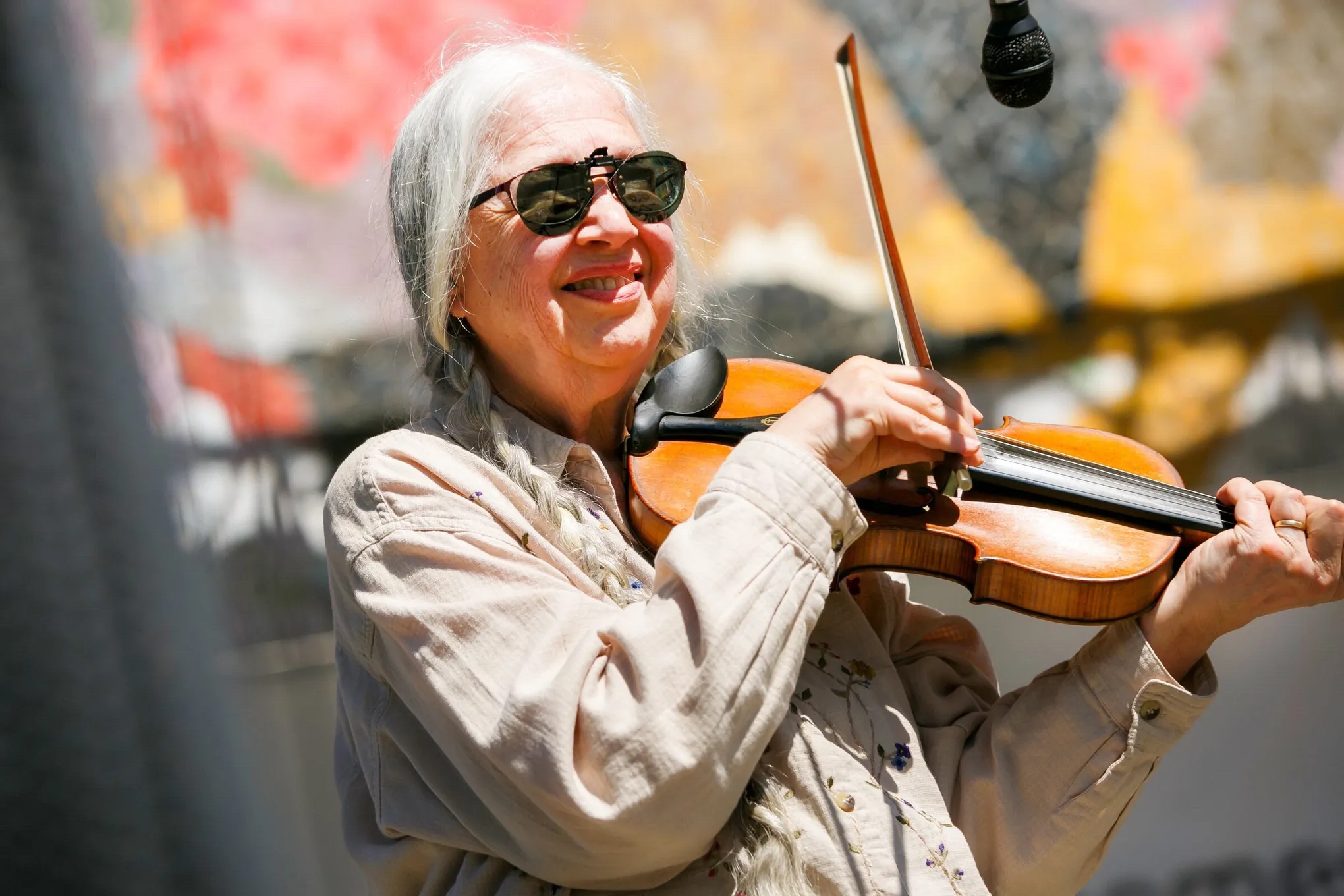
Photo by Christopher Nelson / Northwest Folklife
January 6, 2023, in Seattle, Washington, from amyotrophic lateral sclerosis (Lou Gehrig’s Disease).
Dedicating her life to the study, preservation, and fostering of traditional folk music, Vivian made an inestimable impact on the bluegrass and traditional music of the Pacific Northwest. A marquee musician at bluegrass and old-time scenes, she made recordings of more than 300 fiddle tunes and was a prodigious historian of Northwest music. With her late husband, Phil Williams ’58, she helped found the Seattle Folklore Society and the Northwest Folklife Festival.
Vivian began playing the violin when she was nine years old, and by her eighties had become an eight-time champion fiddler at the National Oldtime Fiddlers Contest and Festival. Bill Monroe, known as the father of bluegrass, said of her, “I have never heard a lady fiddler that could beat Williams, and a lot of male fiddlers can’t beat her.”
Vivian grew up in a home where music was important. Her parents met at a college in Berlin. Her mother, Jeanette, born to a Jewish family in Austria, married Warren Tomlinson, an American professor teaching at the college. After traveling to Minnesota to visit Warren’s parents, the newlyweds were discouraged by Jeanette’s relatives from returning to Hitler’s Germany. Warren took a job teaching German at the College (now University) of Puget Sound in Tacoma, Washington.
Vivian grew up in a home filled with international students coming to the house for teas, dances, and parties. She allowed that her childhood somewhat resembled the television show Happy Days, though not as much fun. Her early years were influenced by her father’s fiddle and harmonica playing and her mother’s love of gypsy violin music. Having learned to read before she started school, Vivian skipped the first grade, began playing the violin in the fourth grade, and was proud of her “Continental values.” She graduated as valedictorian of her class.
Her older sister, Barbara, started at Reed and loved it, but left after one semester. Influenced by Barbara’s regard for the college, Vivian applied, confident that campus social life would evidence none of the social conformity required at Stadium High School in Tacoma.
As a student at the Berliner Abendgymnasium, Vivian’s mother, Jeanette, had earned a reputation for always asking questions and wanting to know more. Students and faculty nicknamed her “Fräulein Ja Aber,” which means “Miss Yes But.”
“Mother was very proud of that,” Vivian said. “And I thought it was wonderful, too. So I kind of picked up on that attitude. Does that sound like Reed, or what? Question authority.”
Going to Reed, she said, was like going to heaven, and the social life was as good as the academics. “You could play all the Bach you wanted, and everybody thought it was cool.”
Her first day on campus, she was helping her new roommate move stuff from the trunk of the car into their room at Kerr. From his window in Westport, Phillip Williams spotted Vivian and came out to introduce himself, sparking a partnership that led to more than 60 years of making beautiful music together. “That was kind of cool,” she said. “I had never had anything like that in high school.”
The academics were a bit trickier. In high school, she’d written only one term paper and was daunted by the task of writing a paper a week until Prof. Warren Susman [history 1953–58] showed her the basics.
“Okay,” he told her, “you make a statement, and then you say a bunch of stuff that backs up the statement, and then you summarize.” Vivian could manage that.
At Reed she played both orchestral and chamber music. Folk music enjoyed a resurgence in the late ’50s, and after seeing Pete Seeger in concert, Vivian and Phil began hosting little hootenannies, where people came and sang folk songs. She played the guitar, the banjo, and a mandolin she had purchased for a dollar at the Salvation Army—she and Phil had begun treasure hunting at thrift stores. They once paid 25 cents each for what they thought were two Indian baskets at a Tacoma Goodwill store. One of Vivian’s favorite classes was taught by Prof. David French [anthropology and linguistics 1947–88], and she took the “baskets” to him and asked what they were. It turned out they were exceedingly rare, museum-quality Northwest Indian hats. The experience further kindled her desire to study anthropology, though she felt it was too late to switch her major. Her mentor at Reed was Prof. Dorothy Johansen ’33 [history 1934–84], whom she credited with giving her the training she would use to research and document Northwest music and dance traditions. Vivian wrote her thesis on American explorer John Charles Frémont, advised by Prof. Reginald Arragon [history 1923–74]. She went on to the University of Washington to earn a master’s degree in anthropology/ethnomusicology, focusing on Northwest Native American music, and completed the coursework and language requirements for her PhD, but became distracted by playing music.
The summer after graduating from Reed, she married Phil and soon after began playing the fiddle. They moved to Seattle to go to graduate school and managed an apartment house owned by Phil’s dad. One day they listened to a record of Mike Seeger and his family.
“He was playing a tune called ‘Old Molly Hare’ on fiddle,” she recalled. “I listened to that and thought, ‘That’s kind of cool, I could do that.’ So I started messing around on the fiddle and then the next tune I learned was ‘Orange Blossom Special.’ I got hooked pretty fast.”
The bluegrass and old-time Southern music she began playing evolved into specializing in Northwest regional styles, 19th-century ballroom music, and the pioneer music of the American Northwest. She and Phil (who was a lawyer by day) formed a string band with a friend, Mike Nelson, who played the guitar and sang. The spare room in their apartment became a crash pad for traveling folkies, further anchoring the couple in the scene. At an open mic in a Seattle coffee house they met Ron Ginther, a mandolin player who asked if he could join them because he’d always wanted to be in “a hillbilly band.” The act was a hit, and the four formed a band called the Turkey Pluckers, playing at square dances and coffee houses and on television and radio. As her musical career advanced, the academics were moved to the back burner; Vivian was too busy playing music and hosting hippies.
Four years later, she helped form a strictly bluegrass band, Tall Timber. Vivian and Phil began backing up visiting bluegrass musicians and, in 1965, were instrumental in forming the Washington Old Time Fiddlers Association. The following year, along with fellow Reedies John Ullman ’65 and Irene Namkung ’65, they set out to recreate in Seattle the rich traditional music scene they’d enjoyed at Reed. Asking 20 people to donate $20 each, they created the Seattle Folklore Society, and, to their surprise, sold out their first show. This led to the founding in 1972 of the Northwest Folklife Festival, the largest participatory traditional arts festival in the U.S.
Developing their own musicianship, Vivian and Phil combined influences they found in corners of the rural Pacific Northwest with styles they’d learned growing up in the area. A friend introduced them to musicians from North Carolina, Tarheels who’d come to work in the Washington timber industry after World War II. Though Vivian could barely understand their dialect, the Carolinians took them in, and the experience was life-changing.
In 1967, Vivian and Phil started Voyager Recordings and Publications, issuing recordings, tune books, and instructional materials of traditional acoustic fiddle and string band music from the Pacific Northwest and throughout North America. The label began as a kind of accident after they went to fiddle contests in Montana and Idaho.
“There were all these amazing jam sessions,” Vivian said. “Phil was just running around, carrying his tape recorder and recording everything.” When the couple got back to Seattle and listened to the tapes, they realized they had a trove of music that wasn’t being recorded anywhere else—most of the traditional music labels had gone to Appalachia. Their label emphasized the Pacific Northwest and Far West of North America, capturing the performances of more than 100 fiddlers. The couple also recorded with their bluegrass band, Tall Timber, and as a duo. The CDs they produced were labors of love, often taking years to break even. Many of the gigs they played outside Seattle didn’t even cover their gas money.
One album, Dance Music of the Oregon Trail, featured songs that had traveled west with pioneers, passed down from generation to generation. Another featured Music of the Lewis and Clark Exposition.
“Nobody knows what tunes they played at the Lewis and Clark Exposition,” Vivian said, “but they had two fiddlers. Phil and I argued a lot about this, because the whole thing about Reed is you go to primary sources. You don’t just take somebody’s word for something. If primary sources don’t tell you the tunes, what business do you have guessing what they might be? But we did anyway.”
When she wasn’t playing or teaching music, Vivian was sewing quilts that won blue ribbons at the Puyallup Fair, working in her garden, or doing the New York Times crossword puzzle.
The Voyager catalog, including Dance Music of the Oregon Trail; The Peter Beemer Manuscript, a rare book of 1860s Idaho dance tunes; and The Haynes Family Manuscript, a collection of tunes from Oregon’s Willamette Valley, was acquired by Smithsonian Folkways.
Phil died in 2017. Vivian is survived by her sister, Barbara Tomlinson, and her niece, Shana Iverson.
Appeared in Reed magazine: June 2023
comments powered by DisqusFrom the Archives: The Lives they Led
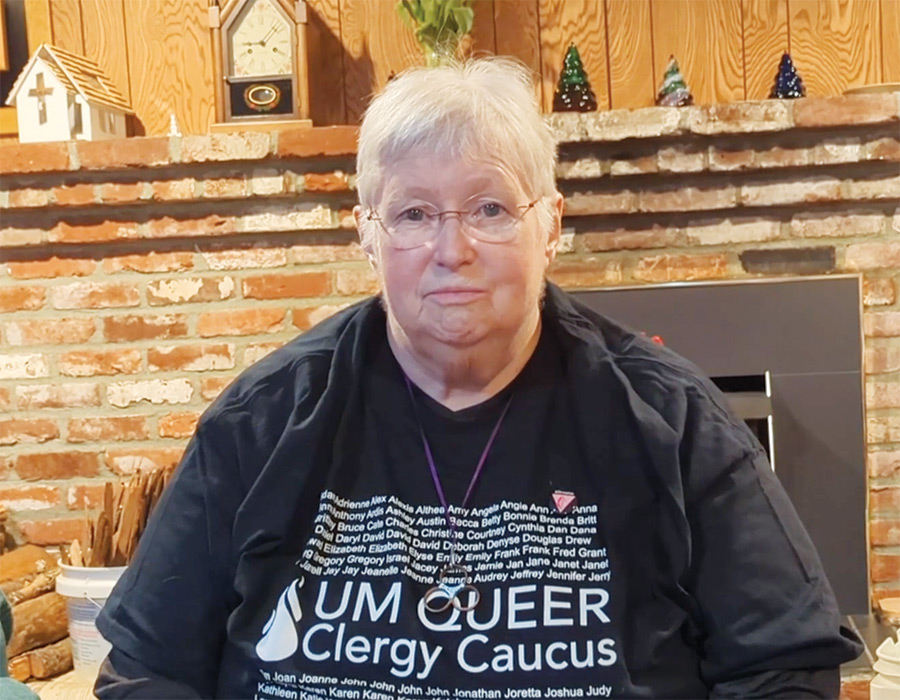
Jeanne Knepper ’69
The First Openly Gay Woman to Be Ordained and Appointed Within the Oregon-Idaho Conference of the United Methodist Church
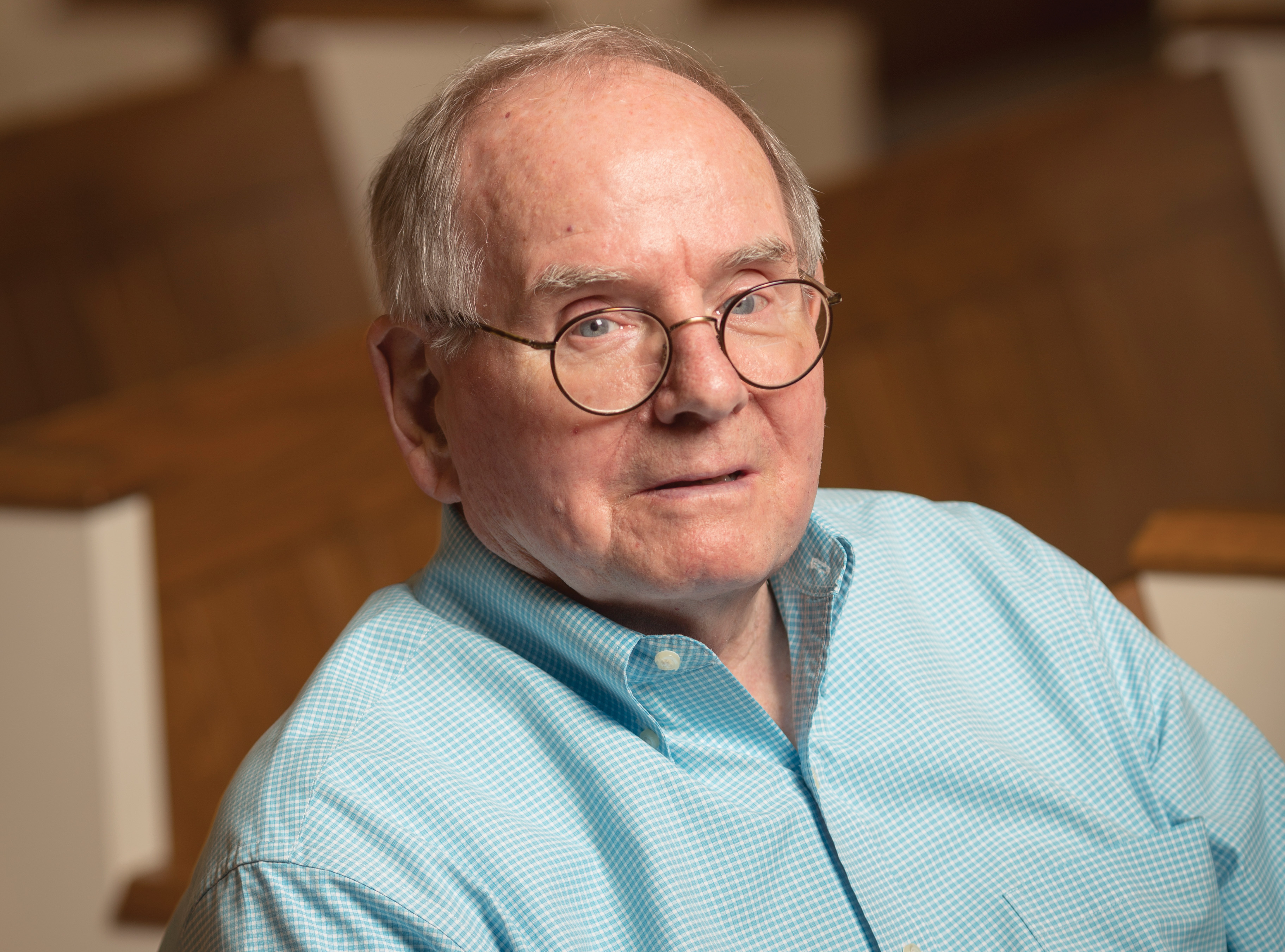
William Haden
As Acting President of Reed, He Strengthened the College's Finances and Alumni Relations
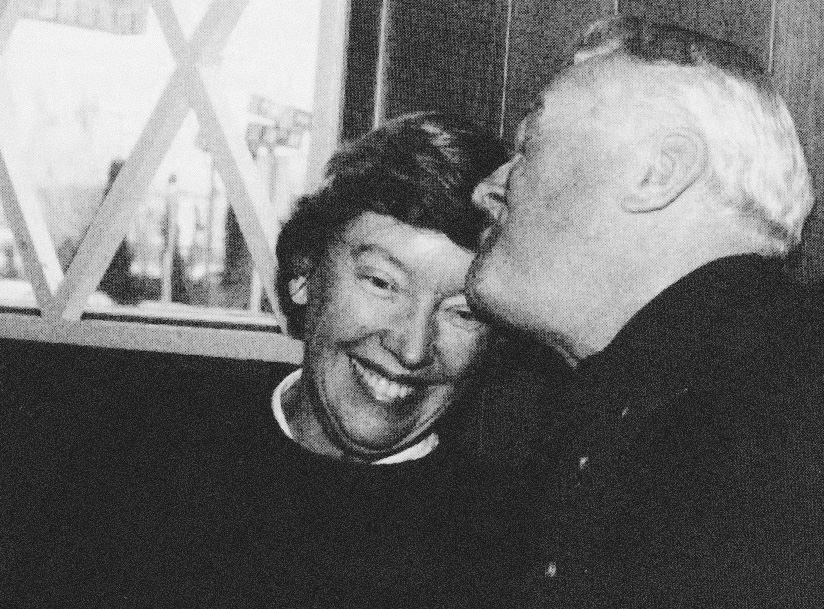
Nancy Horton Bragdon
Reed’s First Lady Whose Warmth and Leadership Were Invaluable During a Turbulent Time

![Photo of Larry Church [chemistry ’73–80]](https://www.reed.edu/reed-magazine/in-memoriam/assets/images/Larry-Church.jpg)
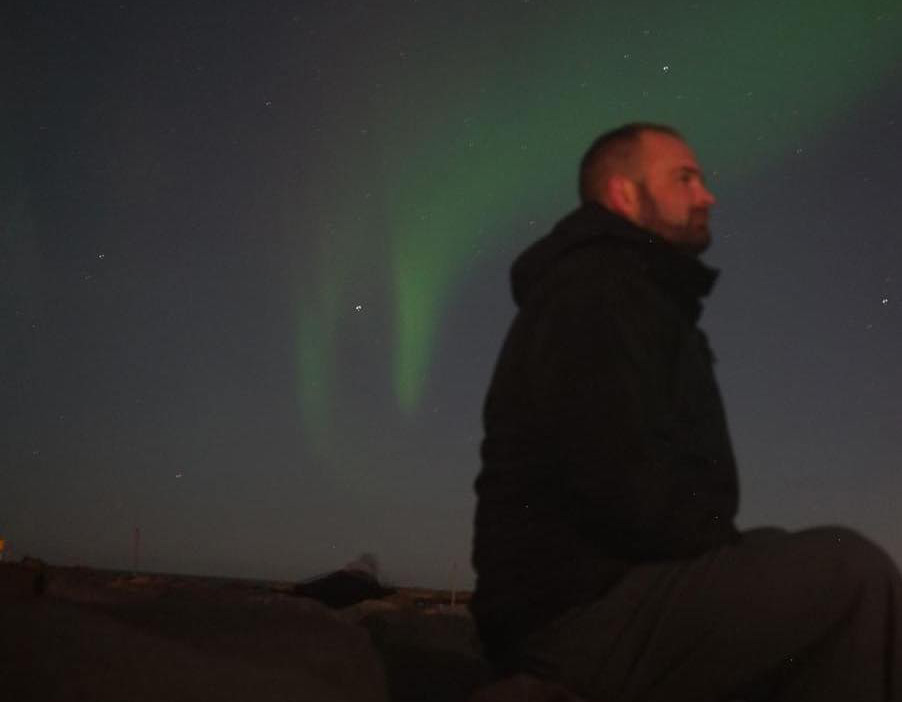
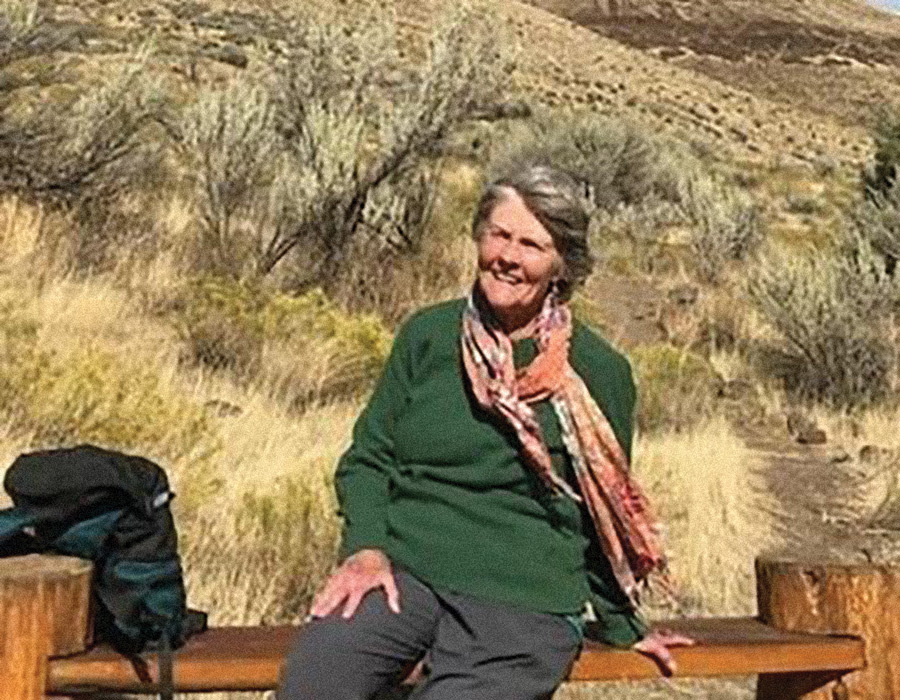
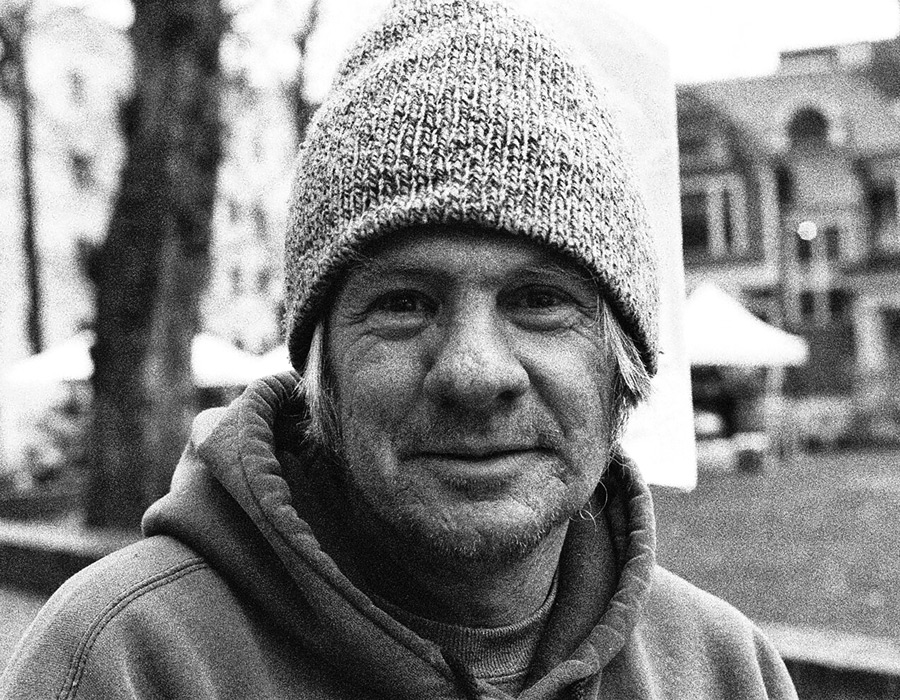
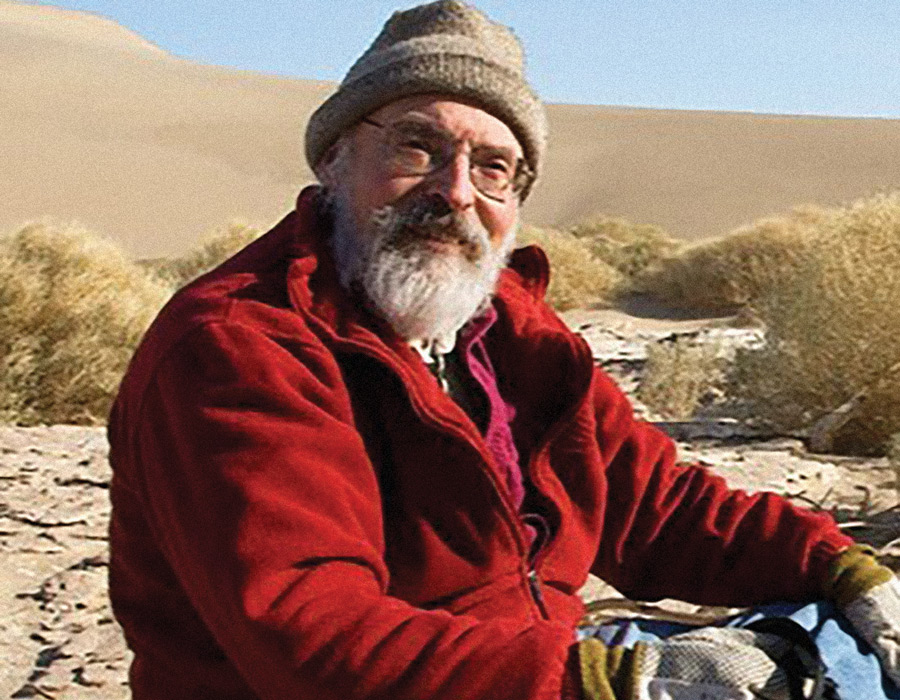
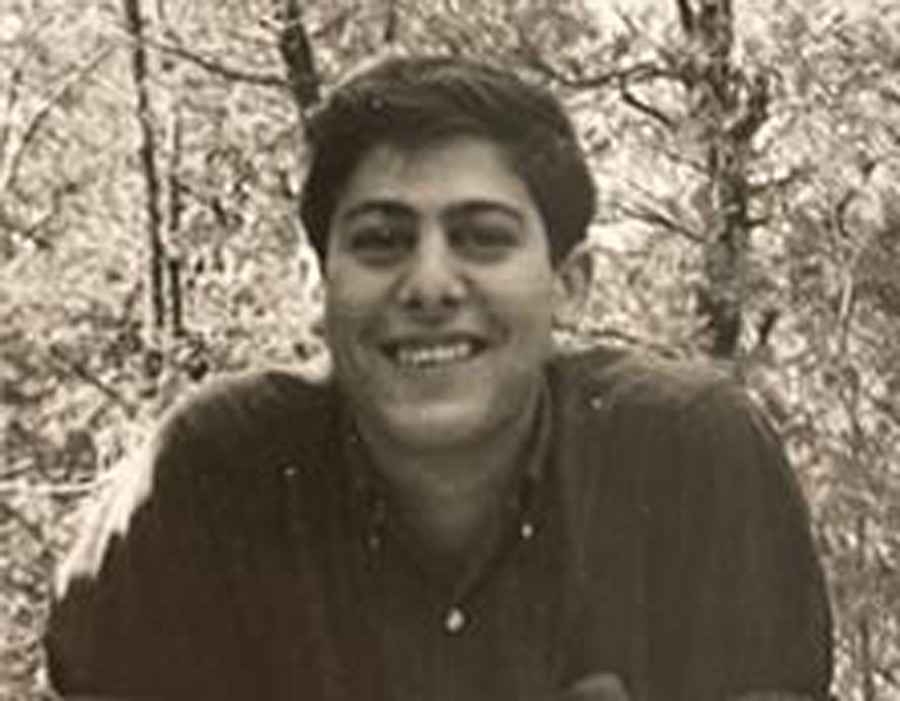
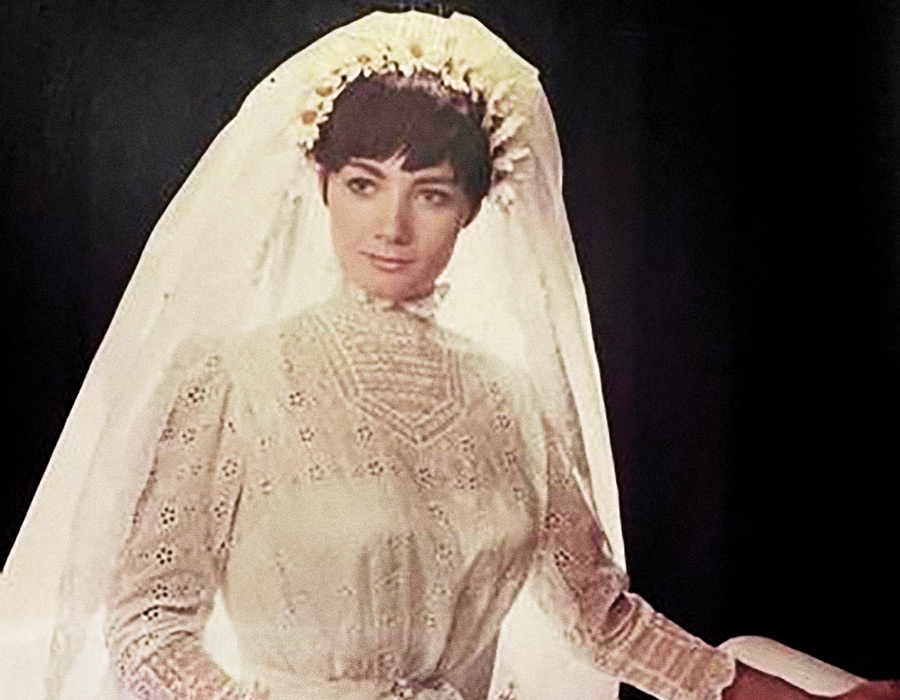
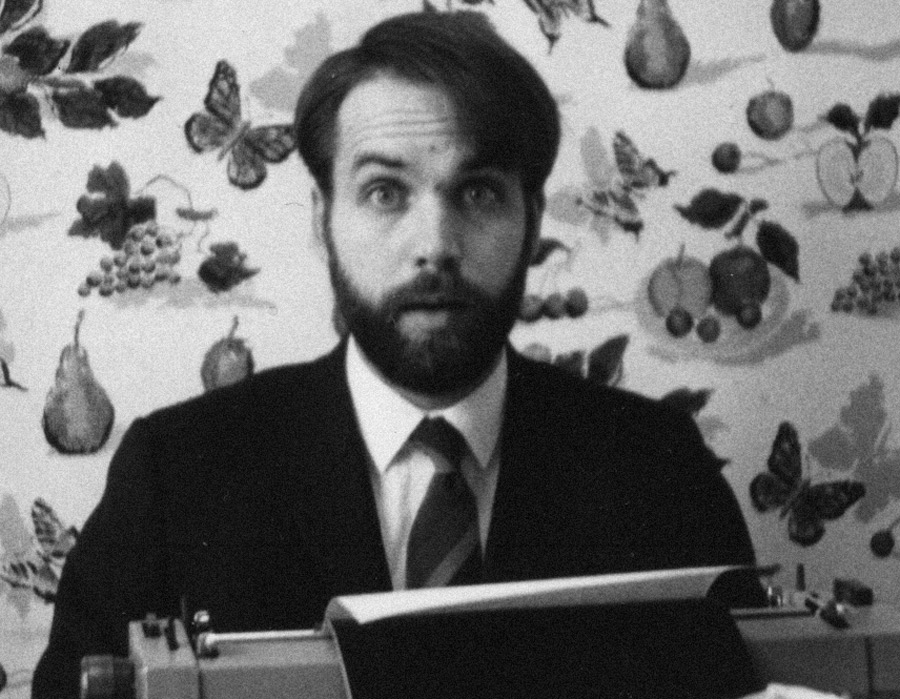
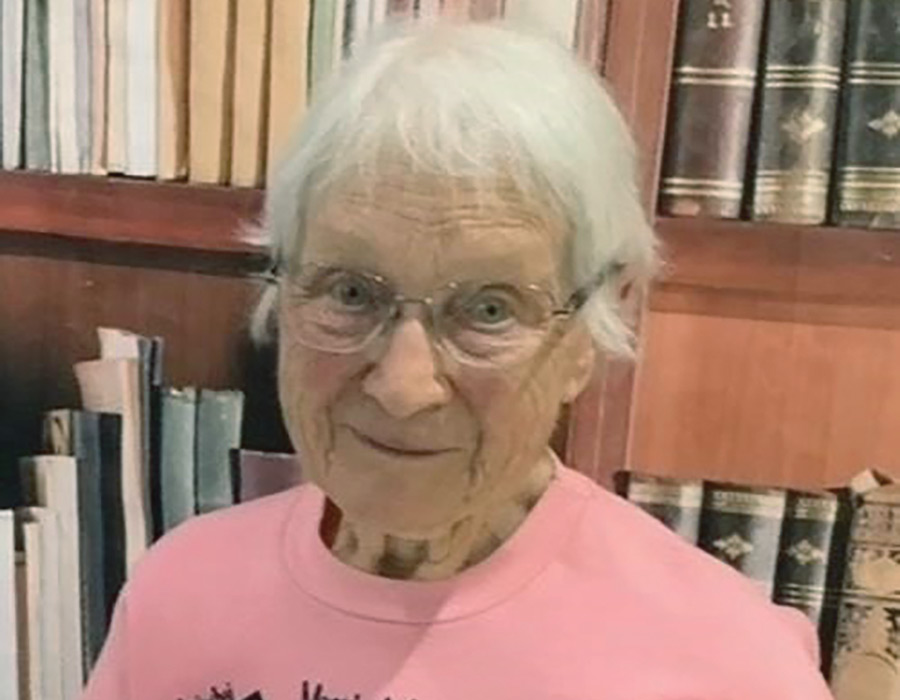
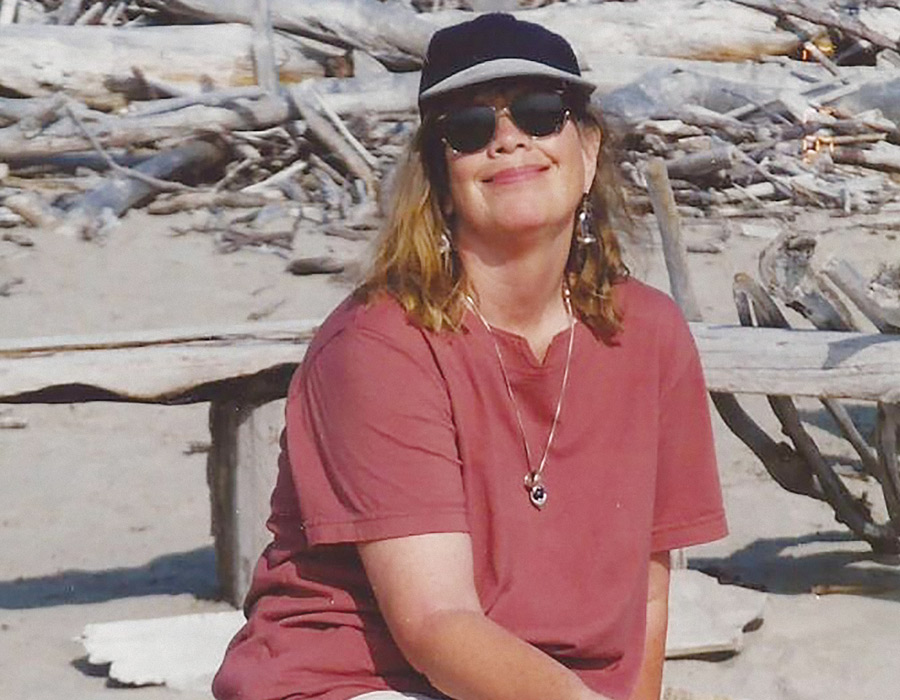
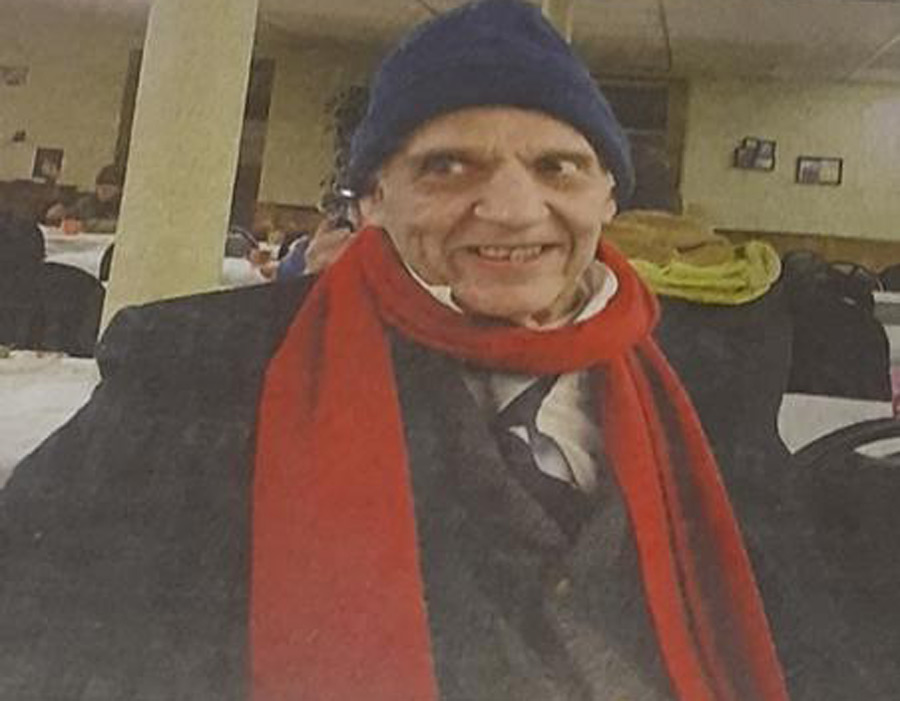
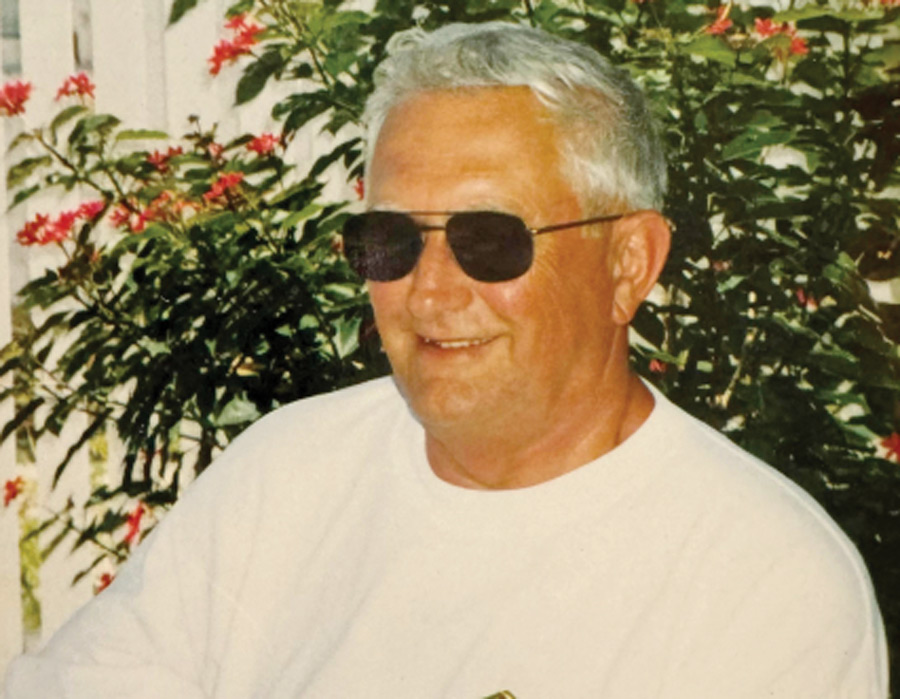
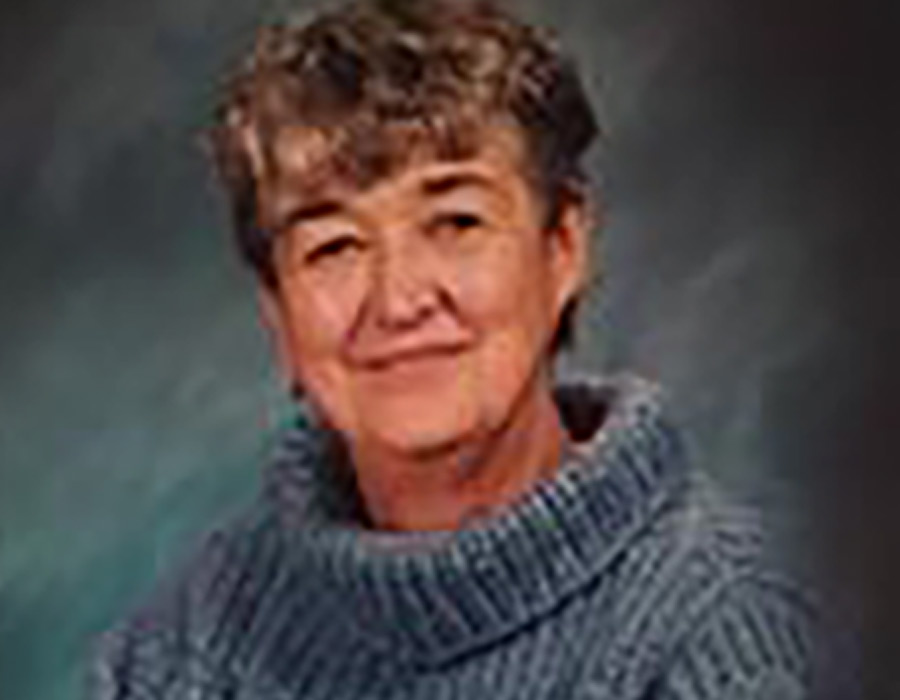
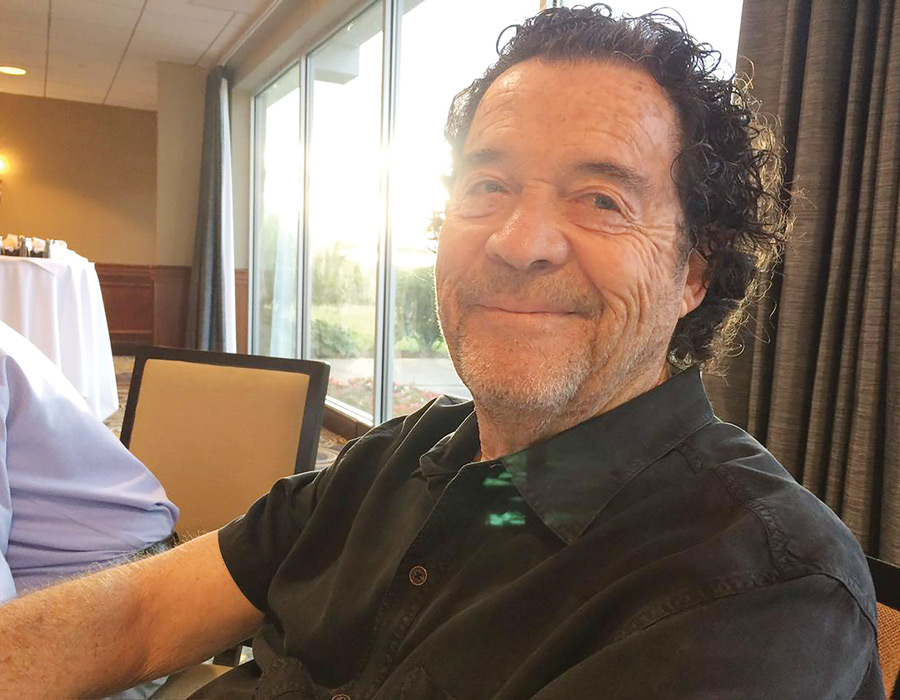
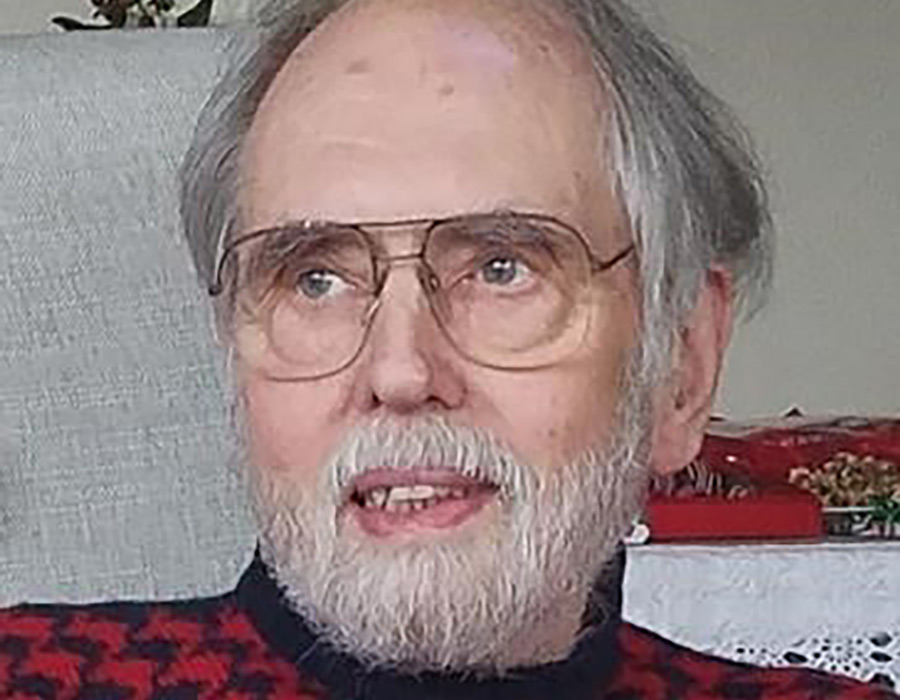
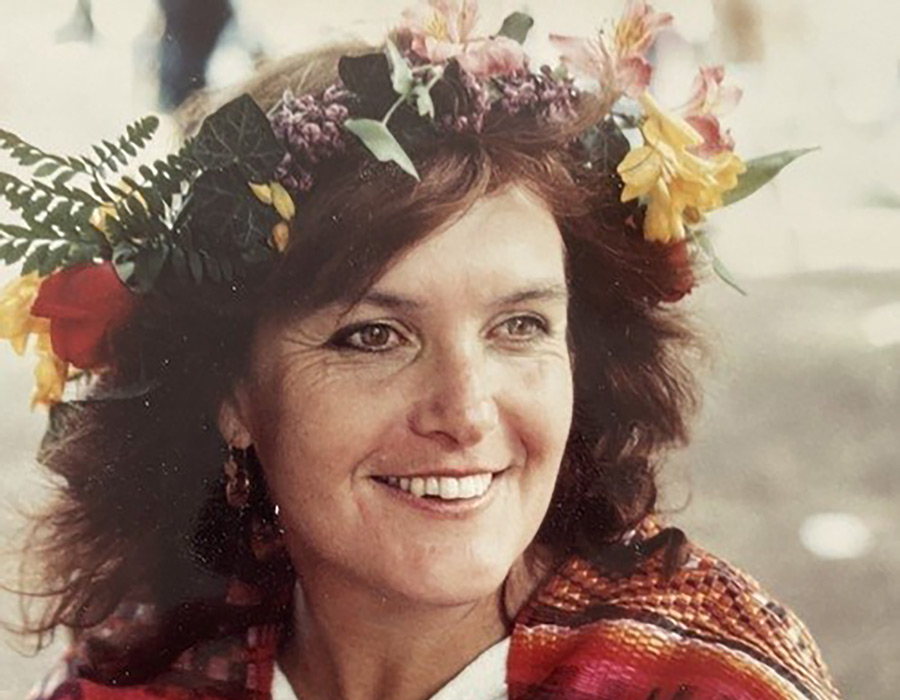
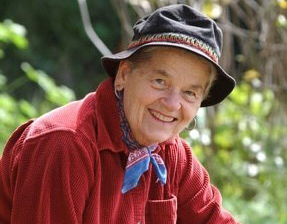
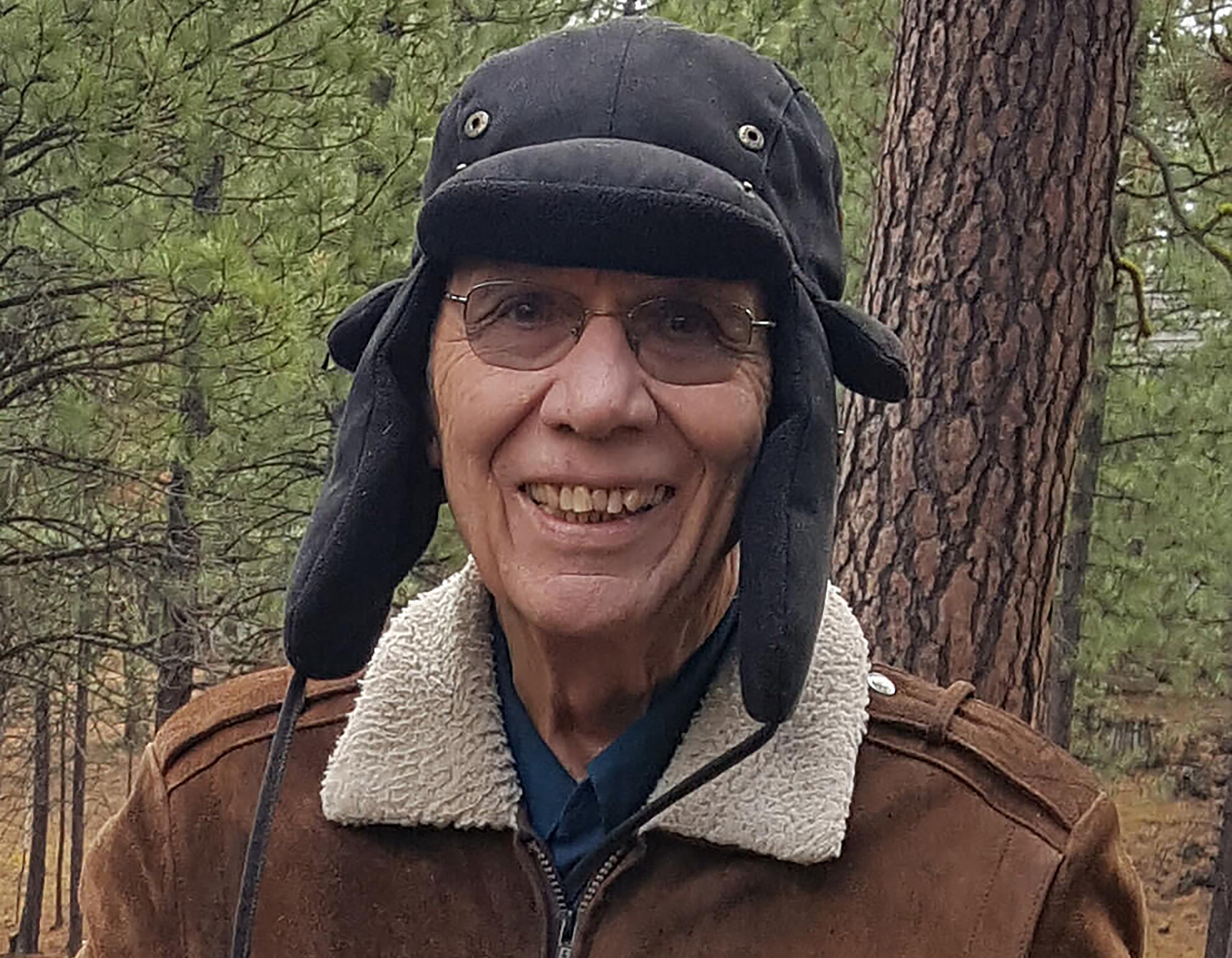
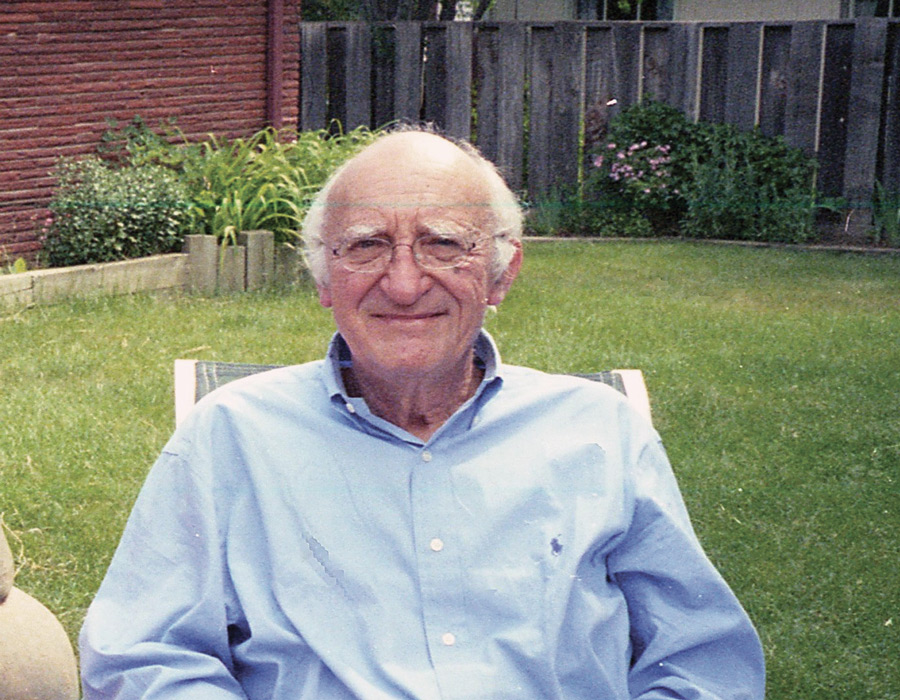
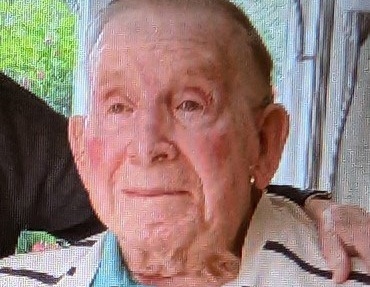
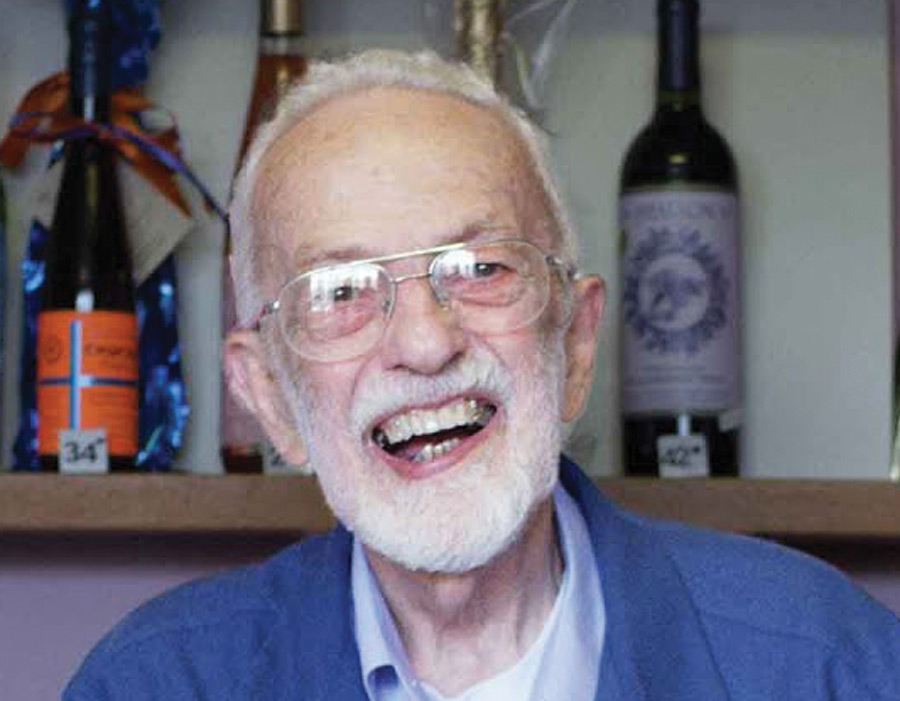
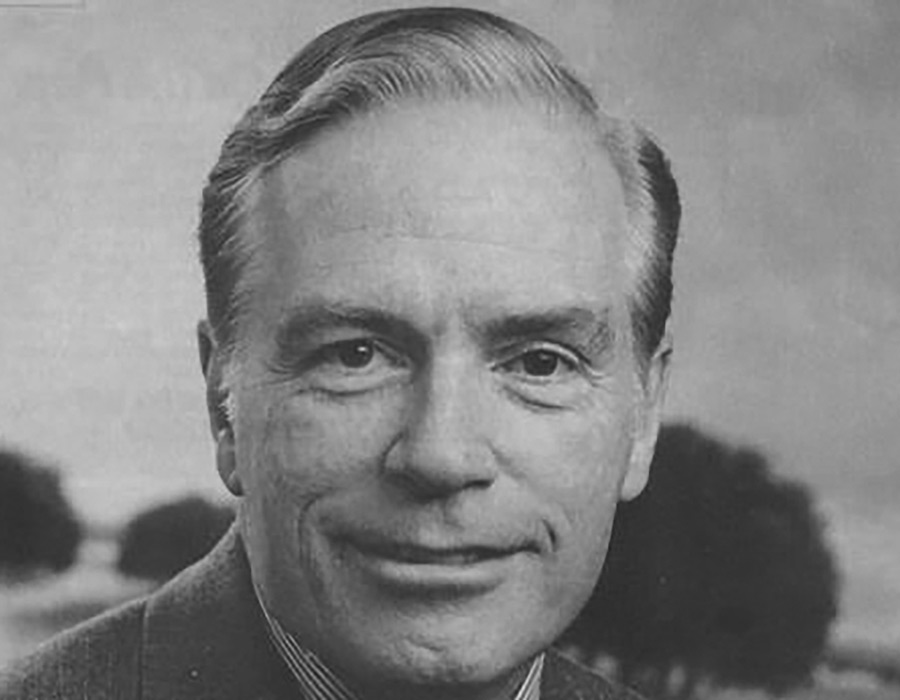
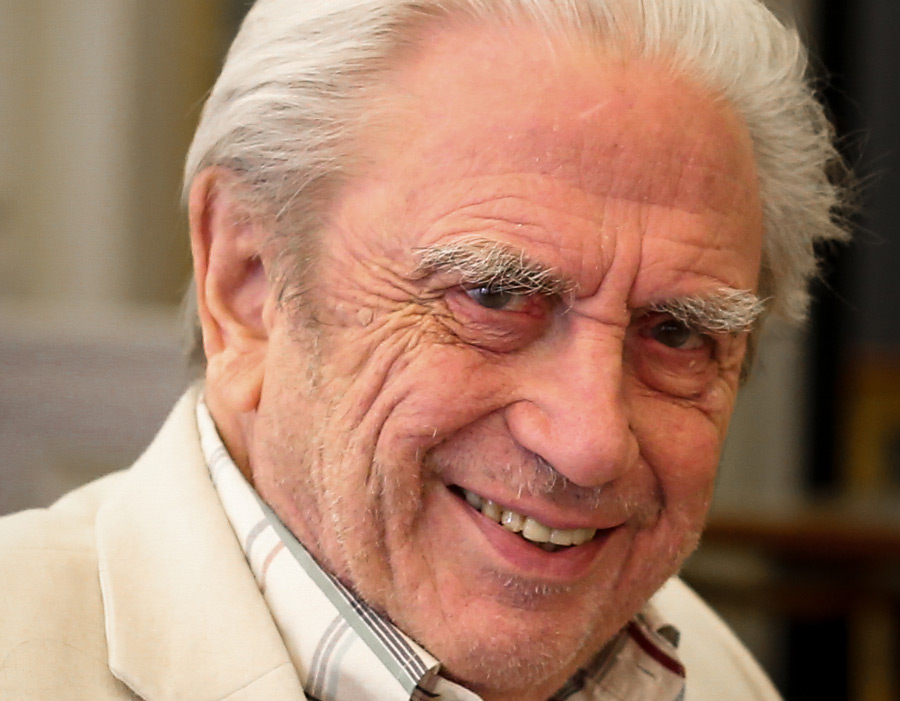
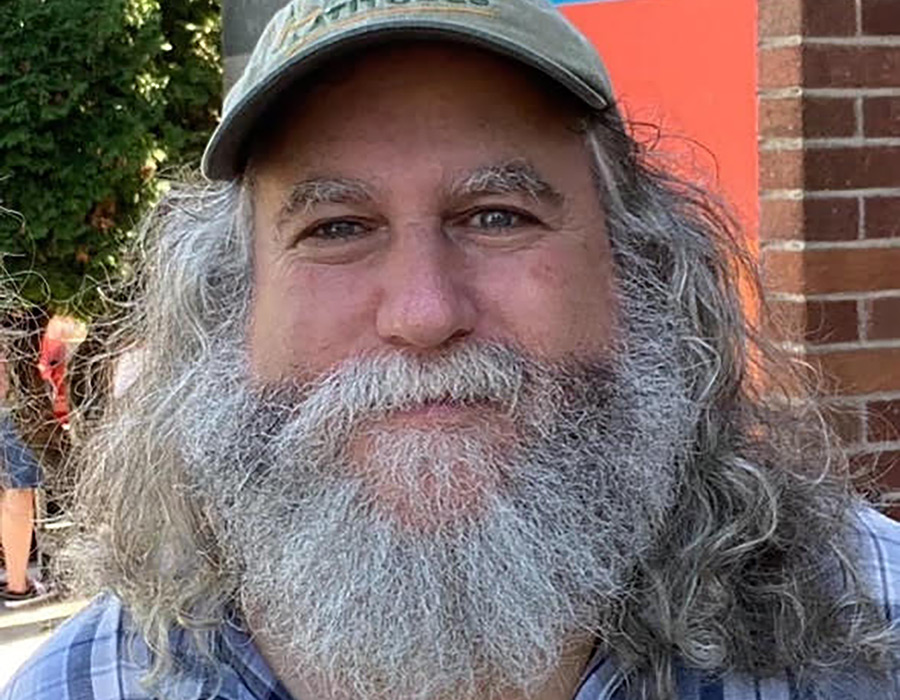

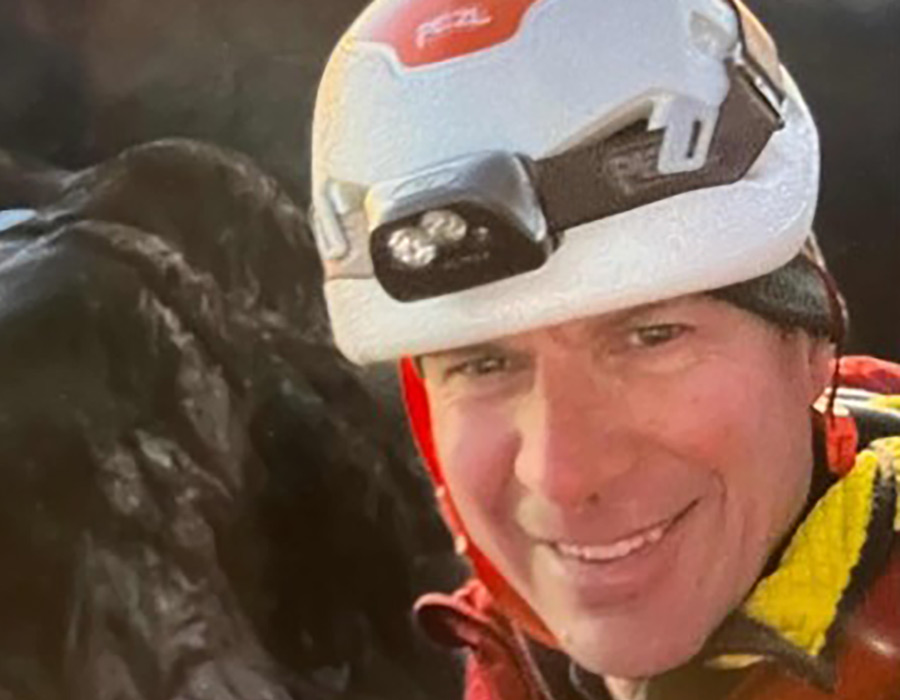
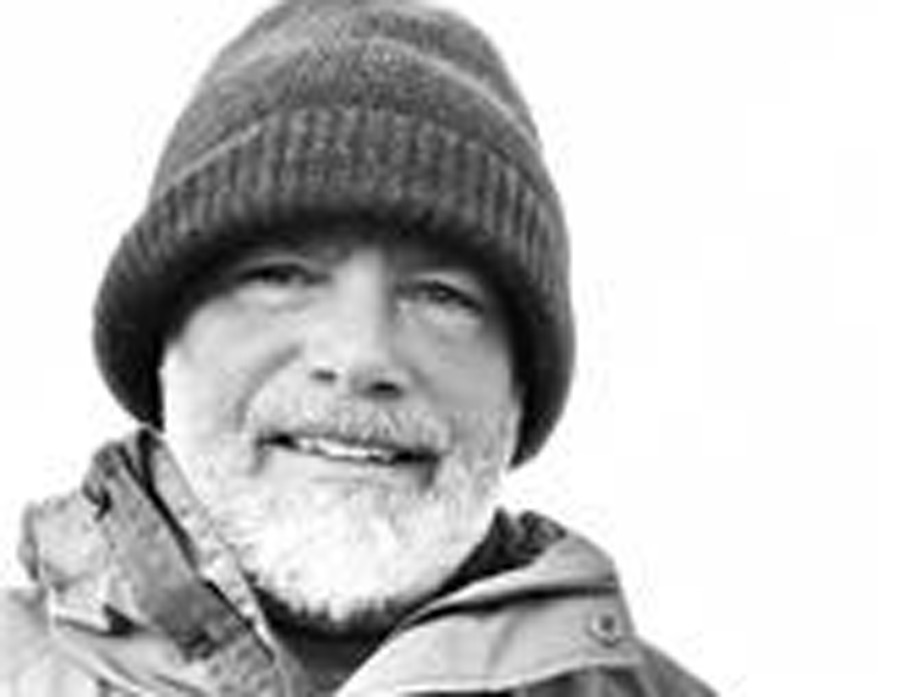
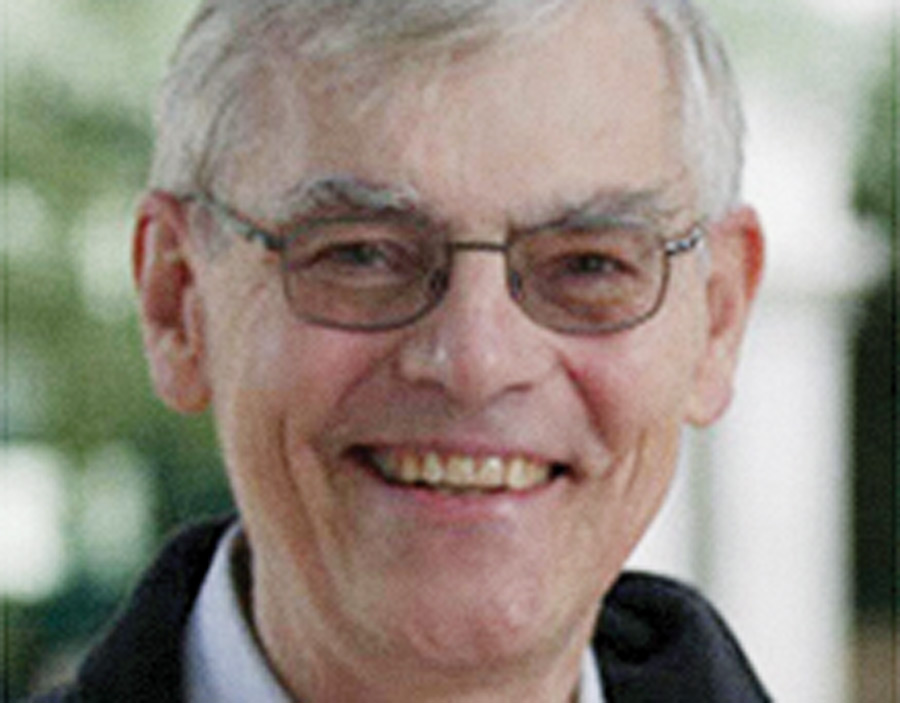
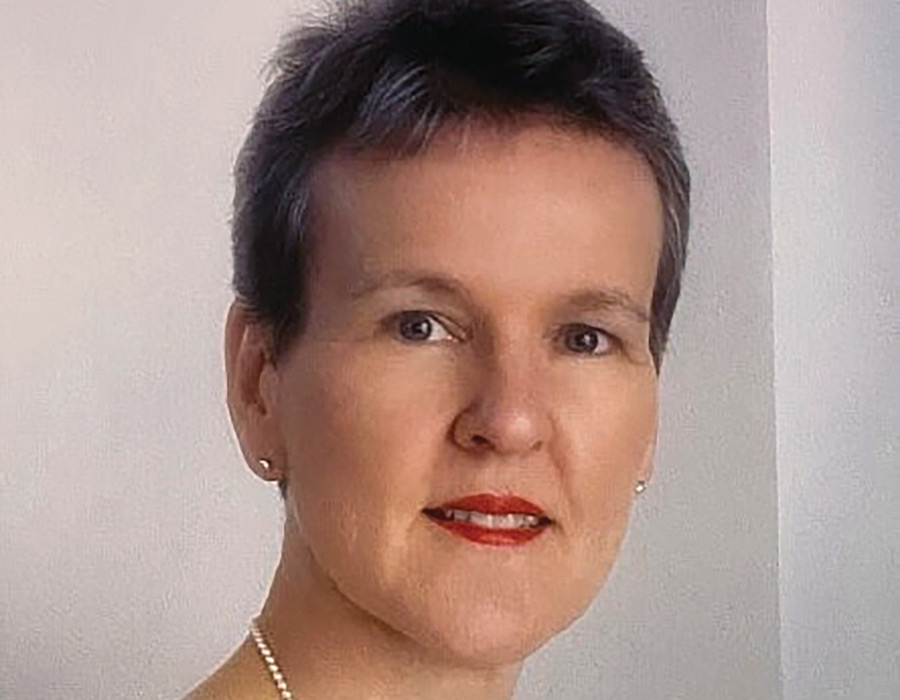
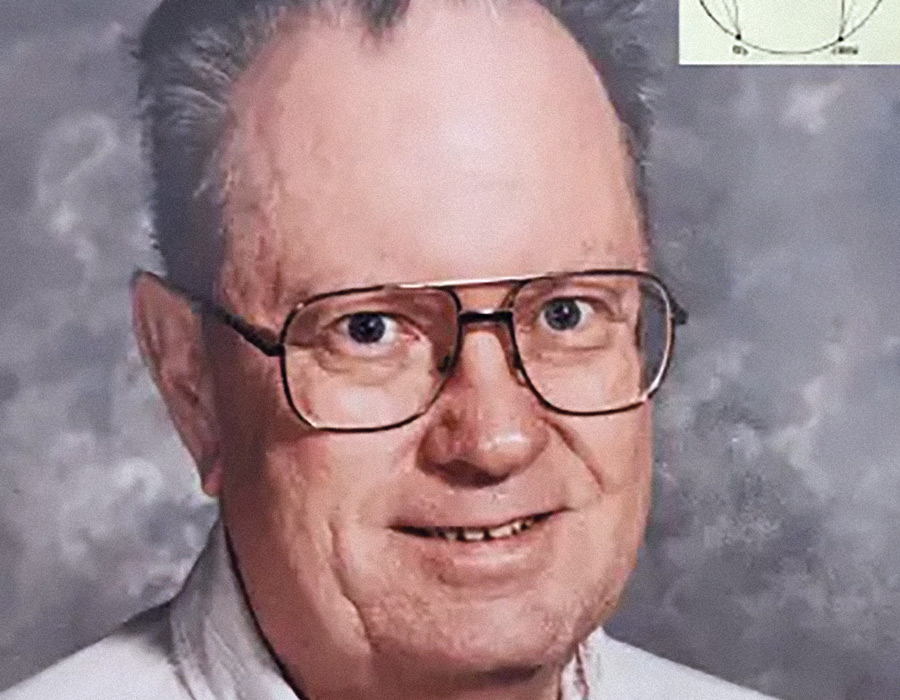
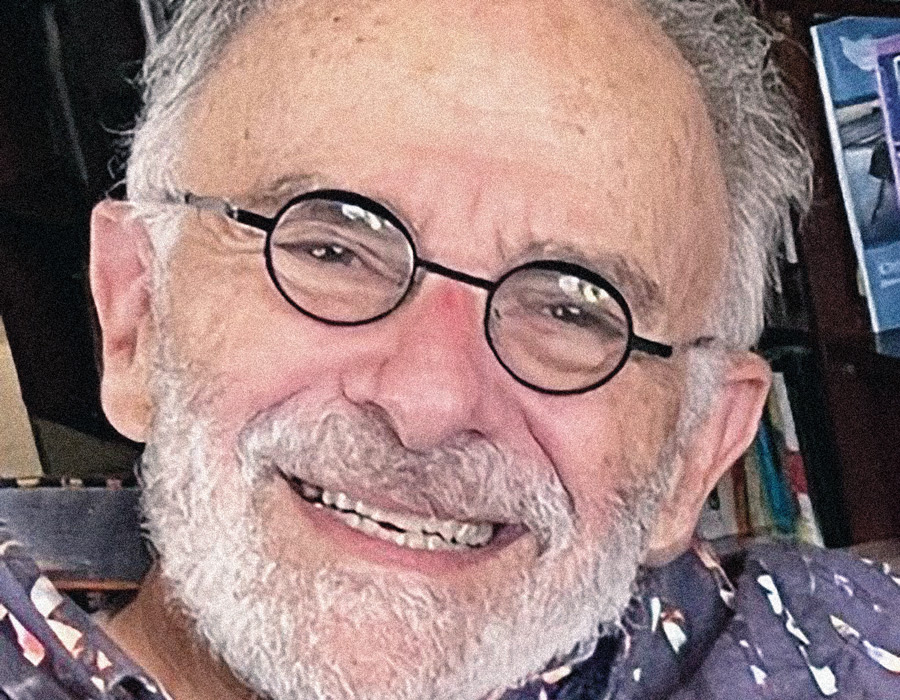
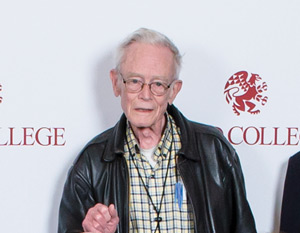
![Photo of Prof. Laurens Ruben [biology 1955–92]](https://www.reed.edu/reed-magazine/in-memoriam/assets/images/Larry-Ruben-copy.jpg)
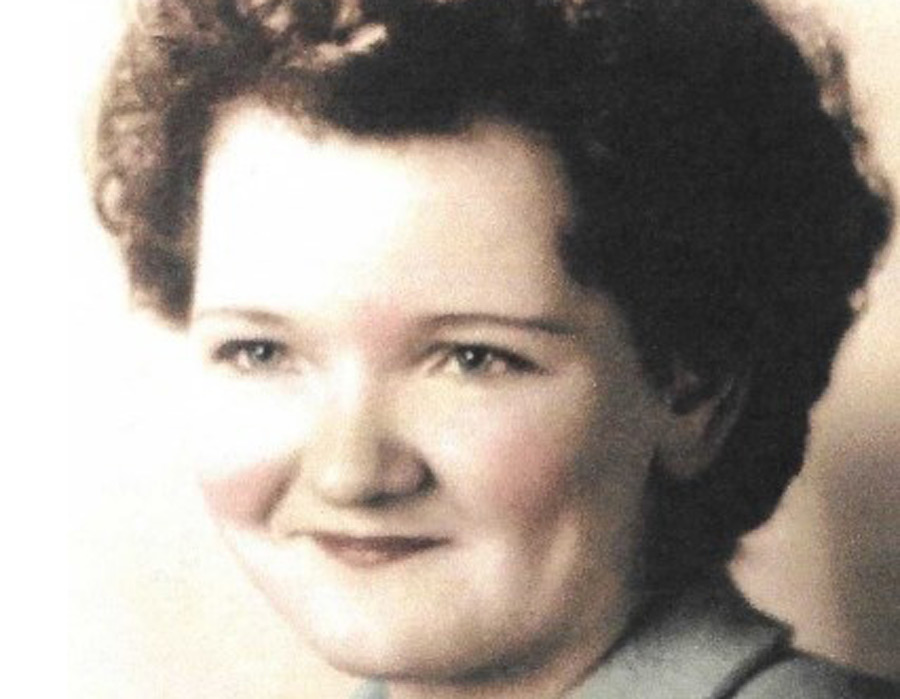
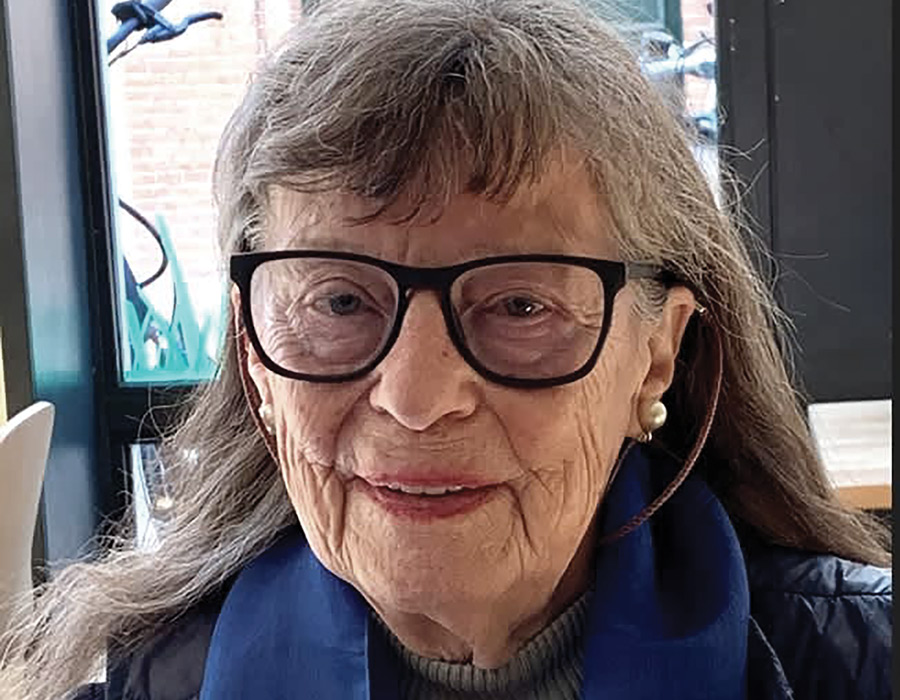
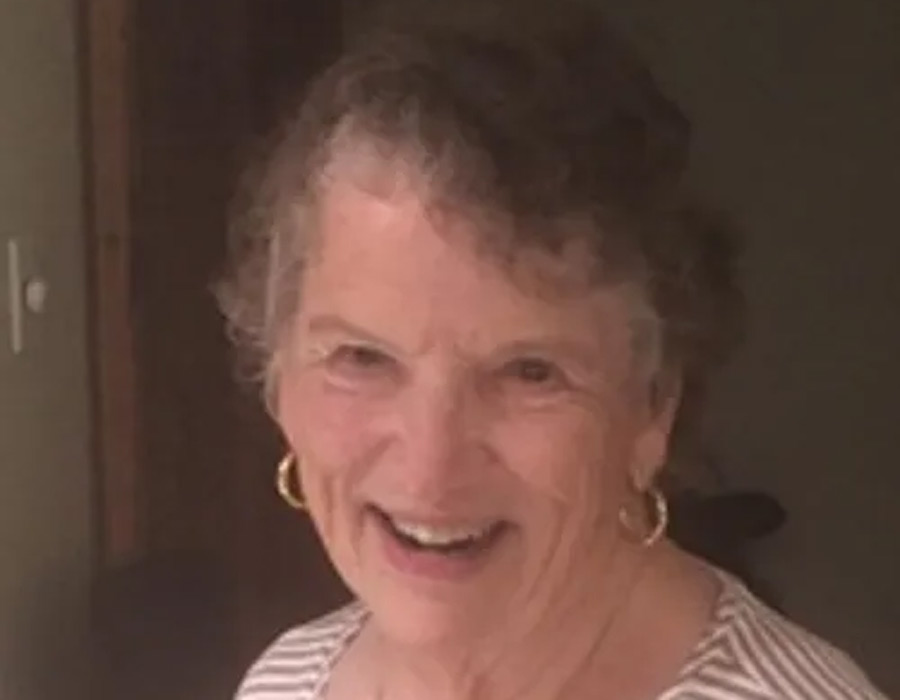
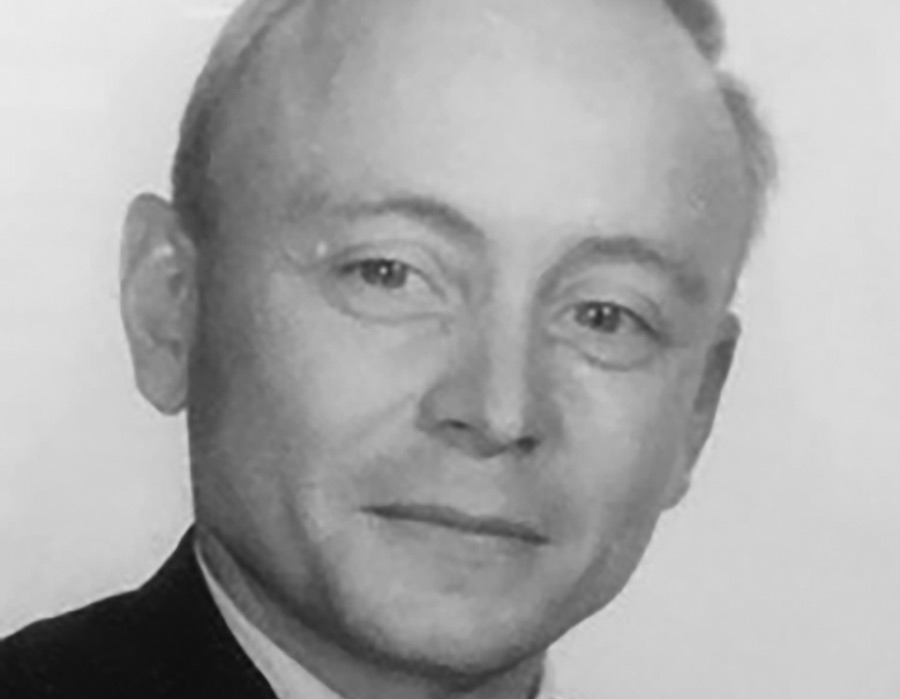
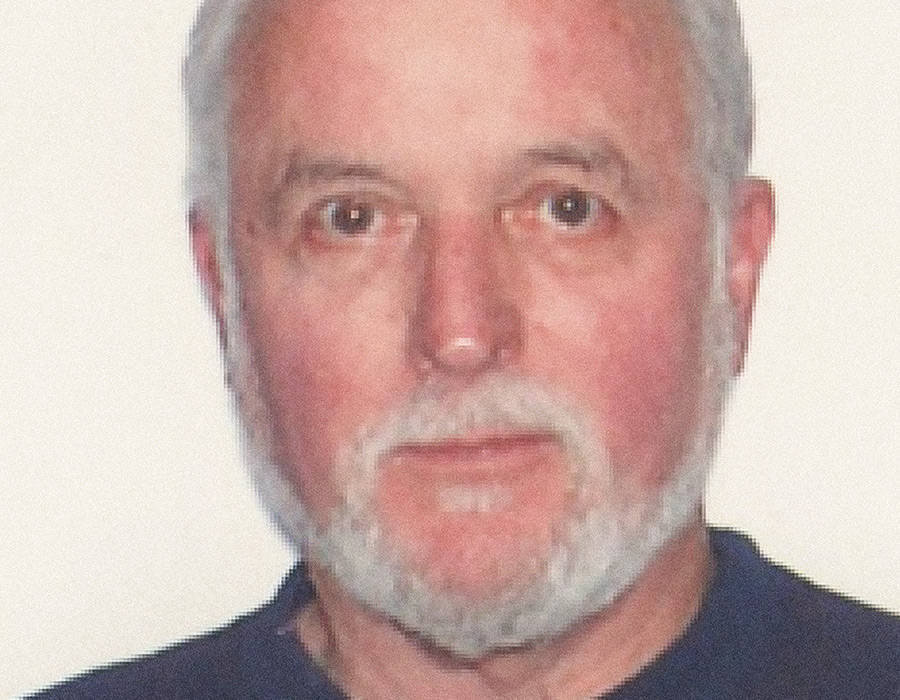
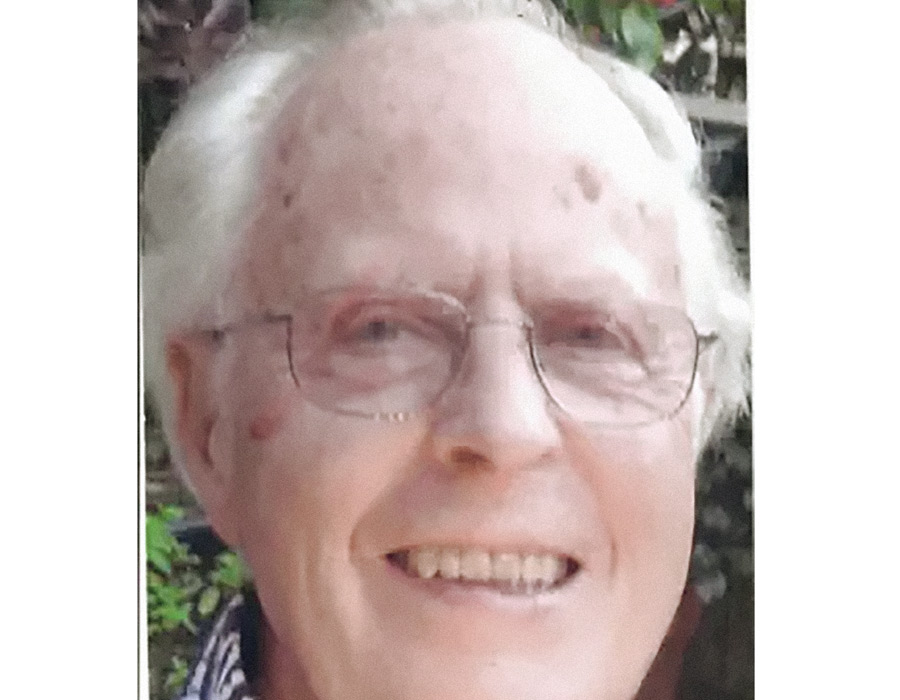
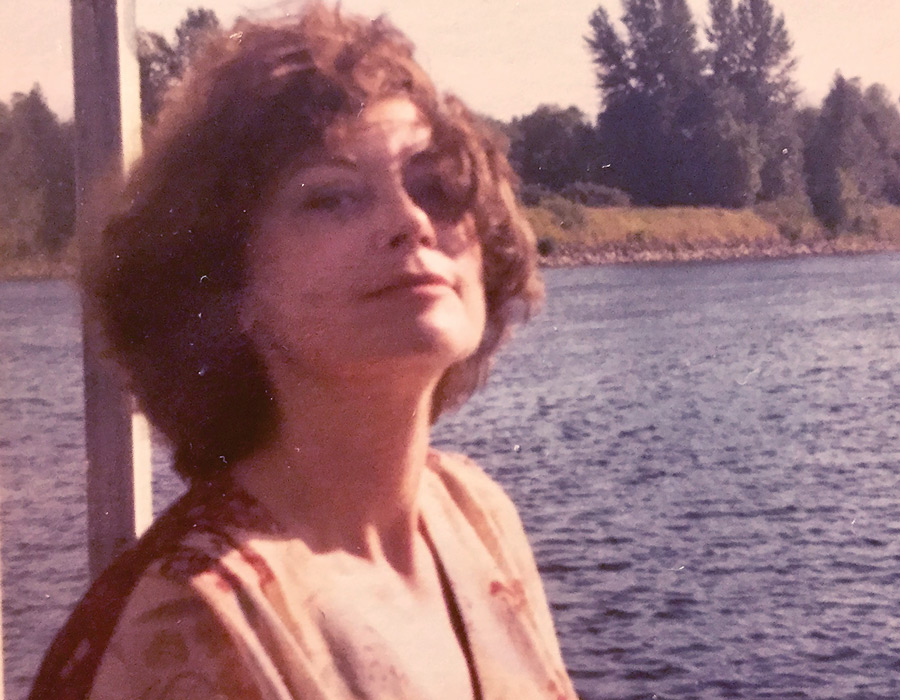
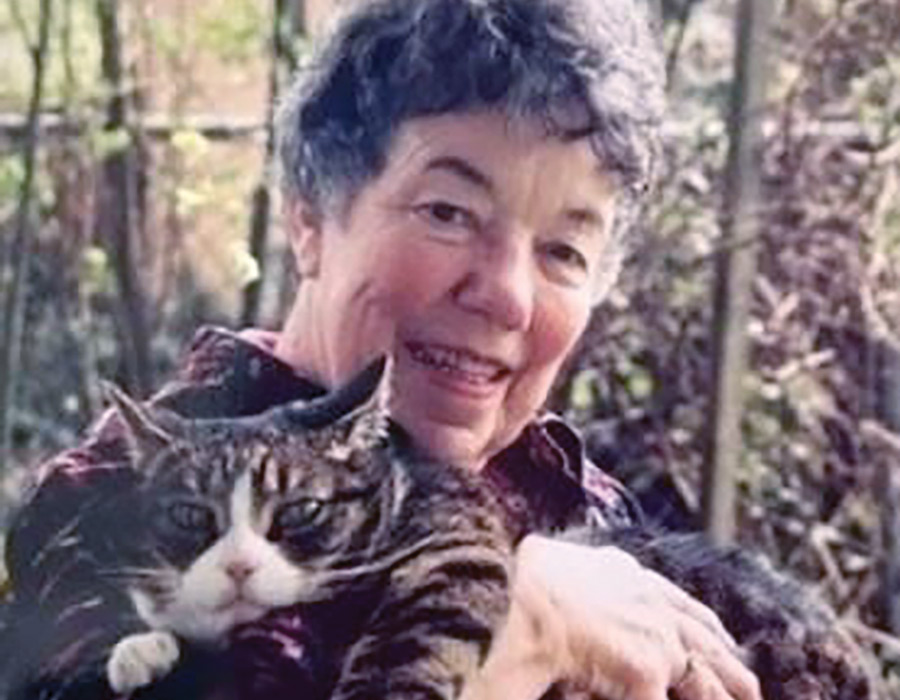
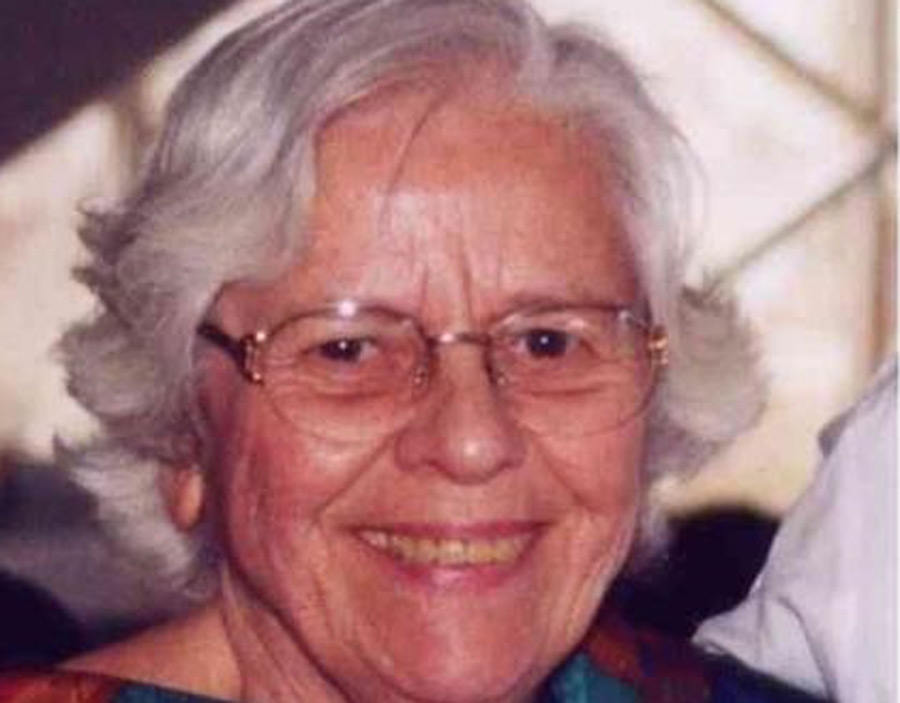
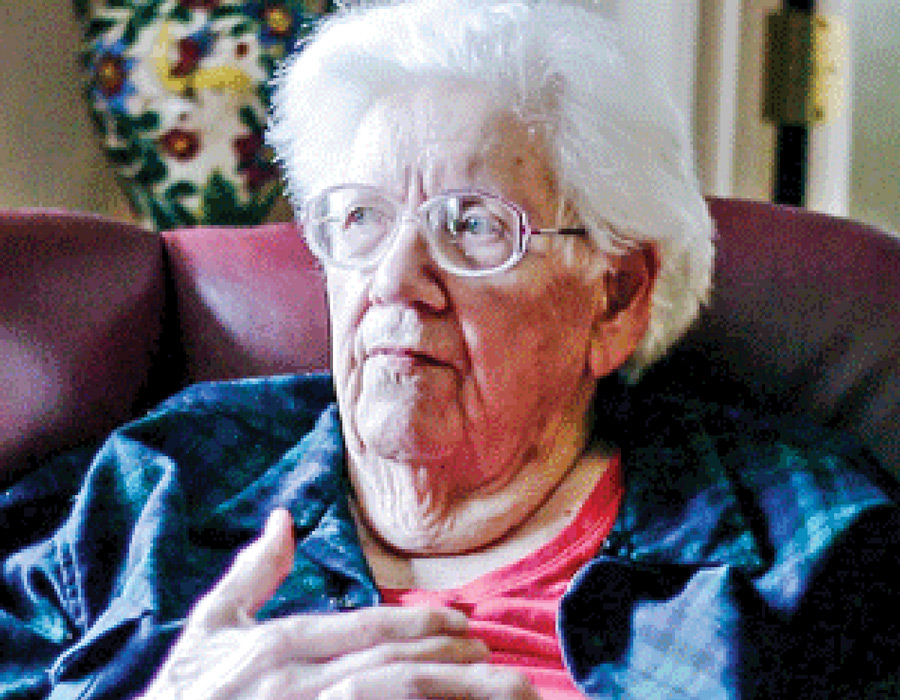
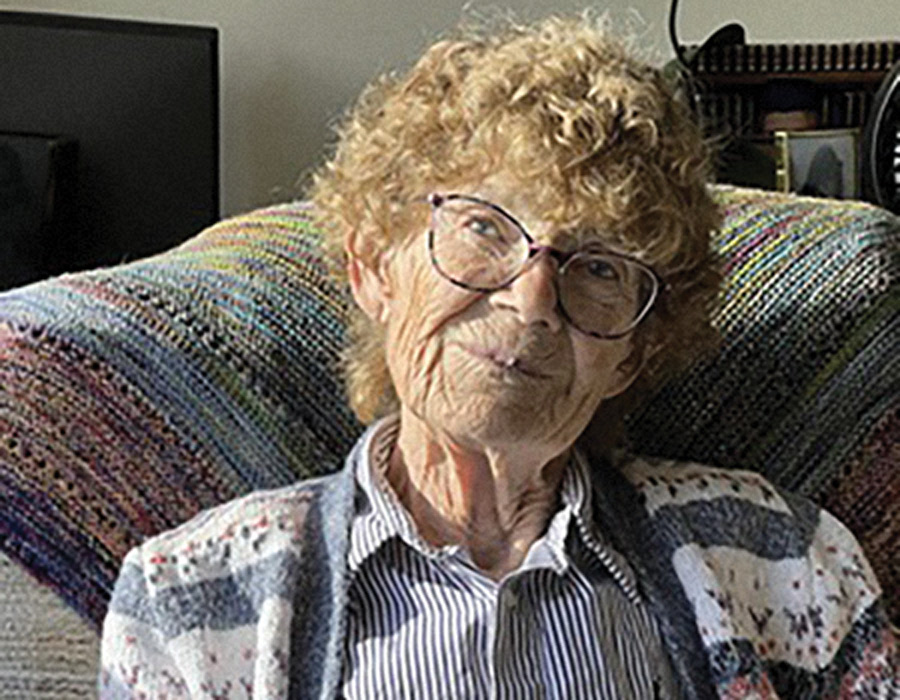
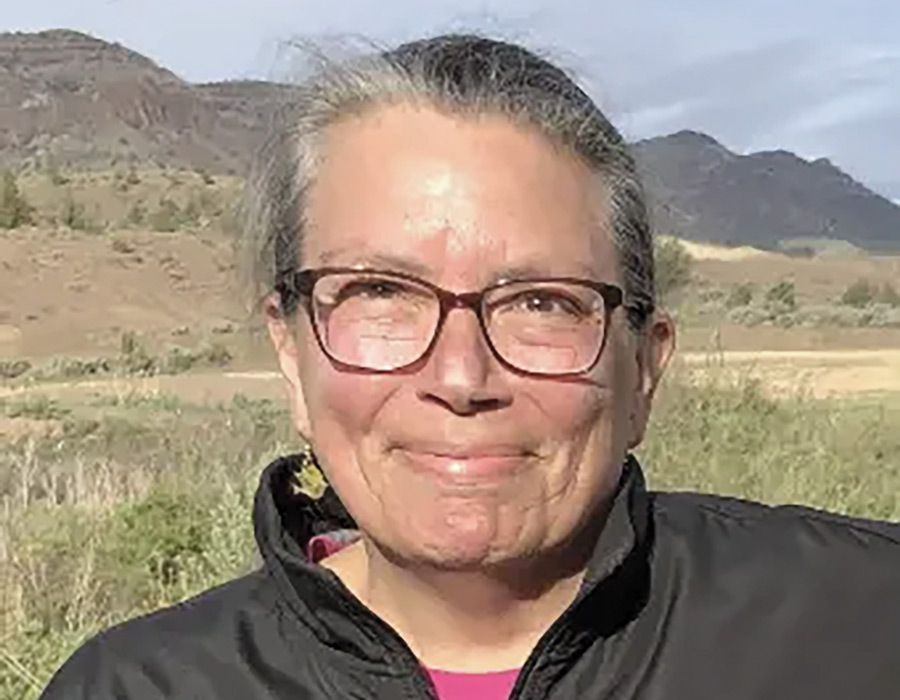
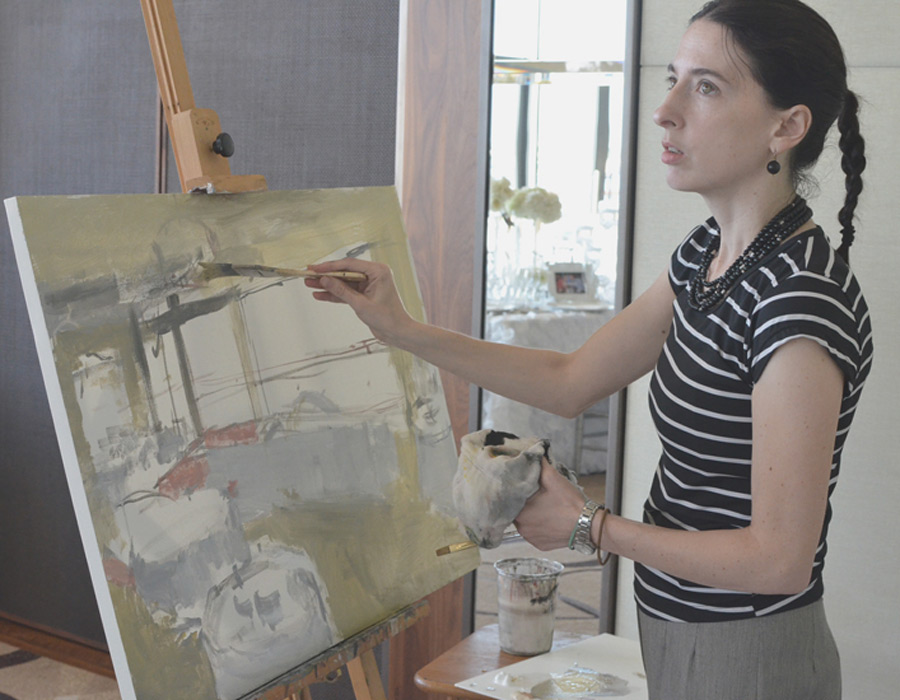
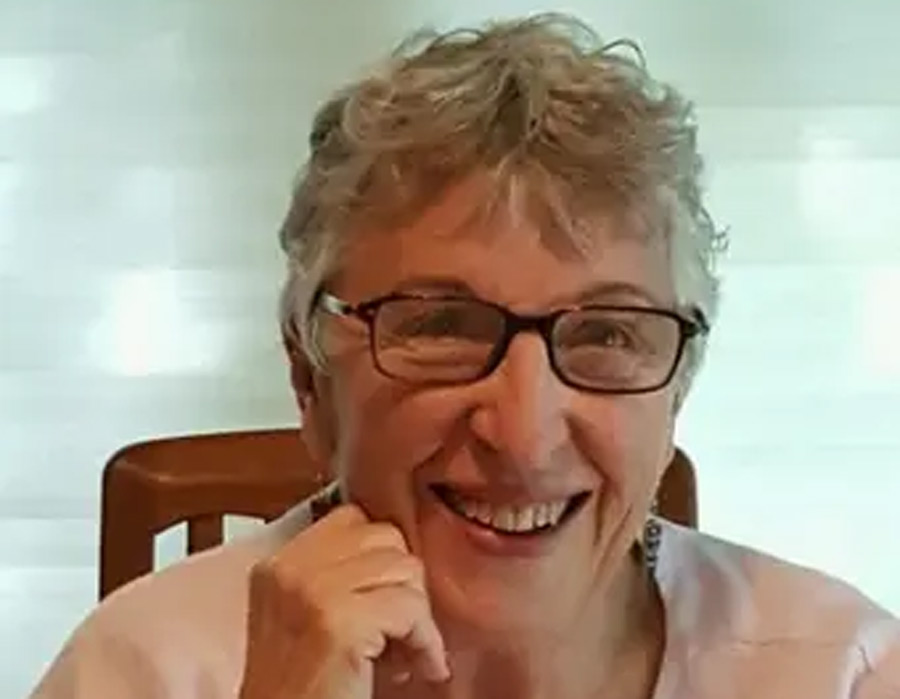

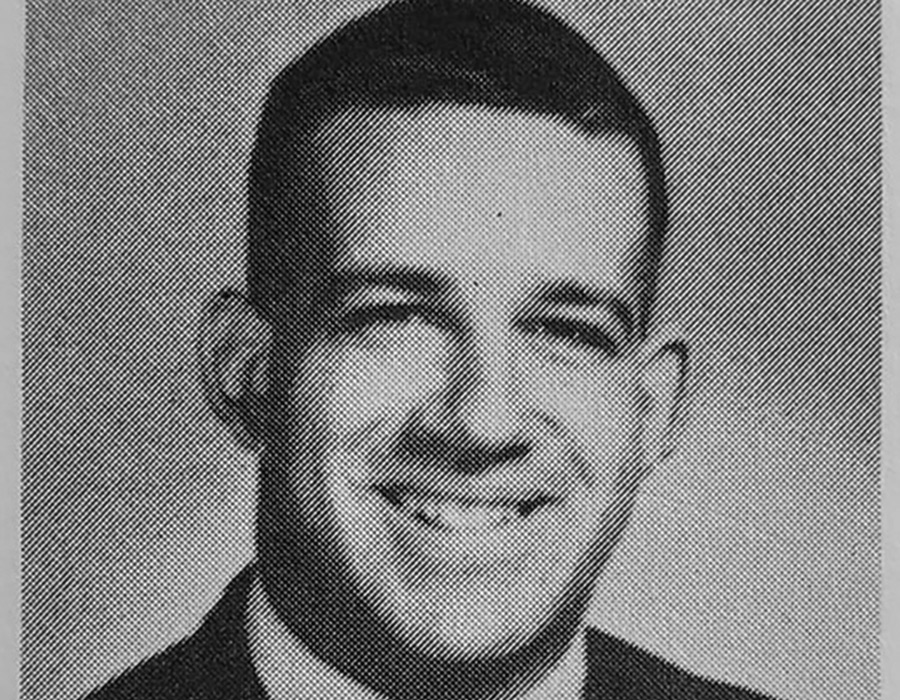
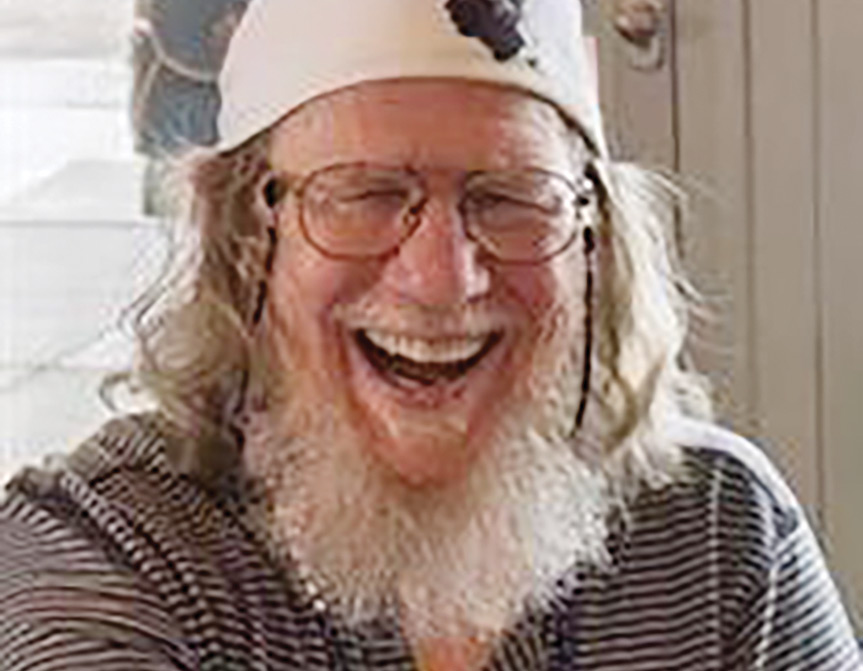
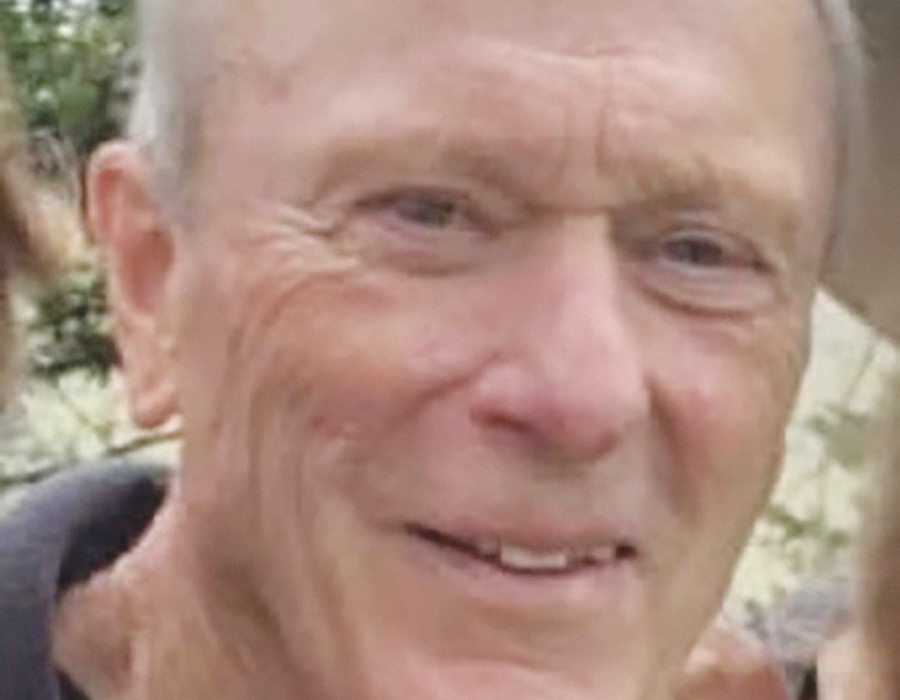
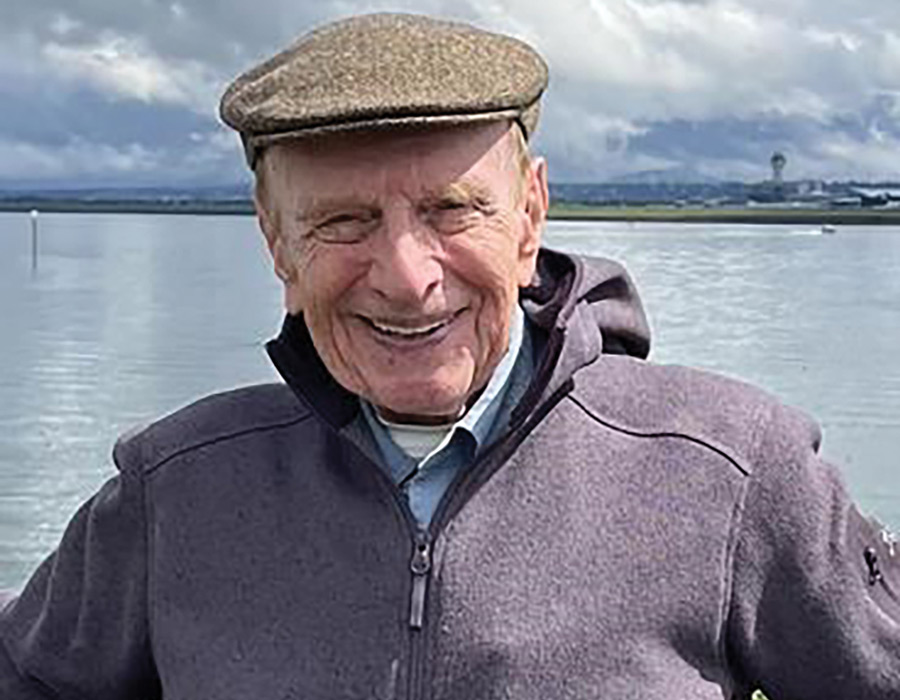
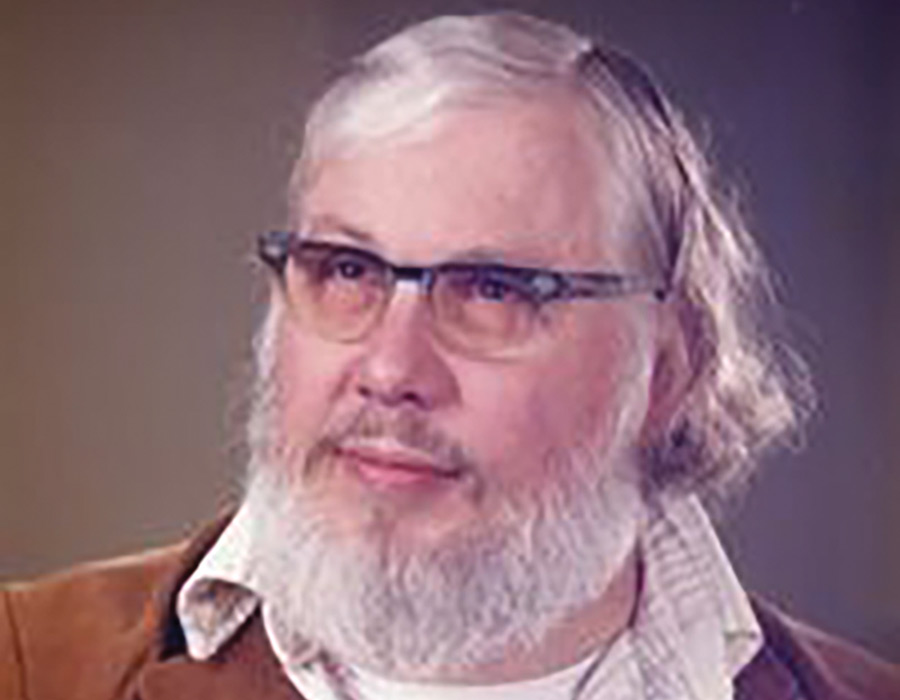
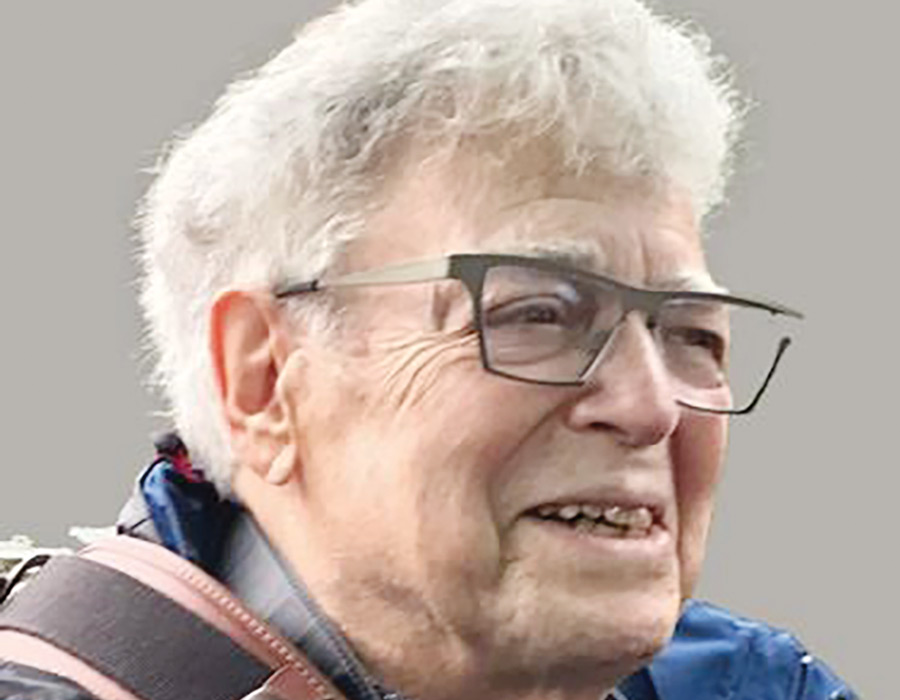
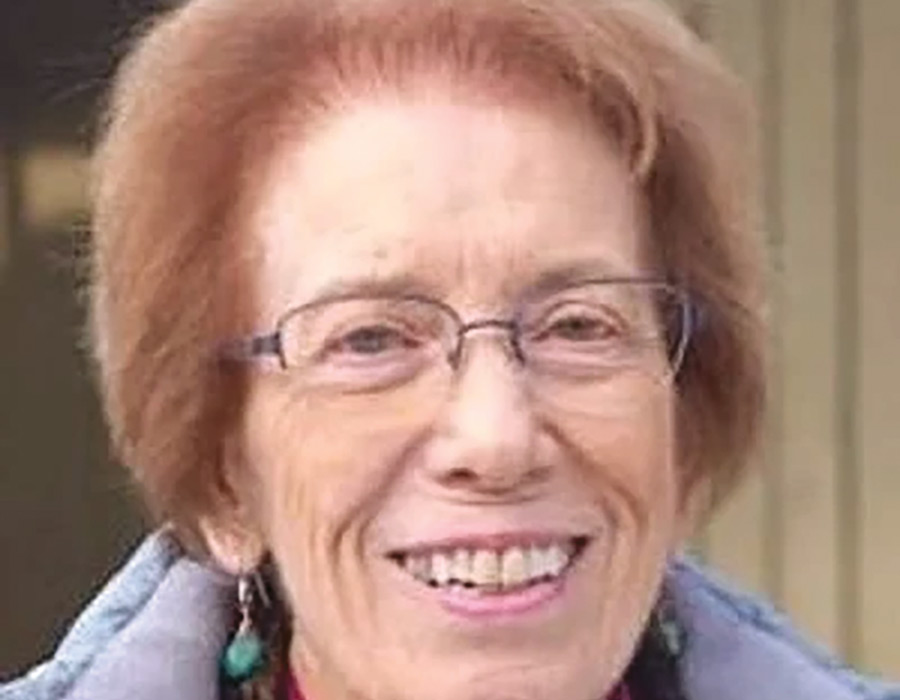
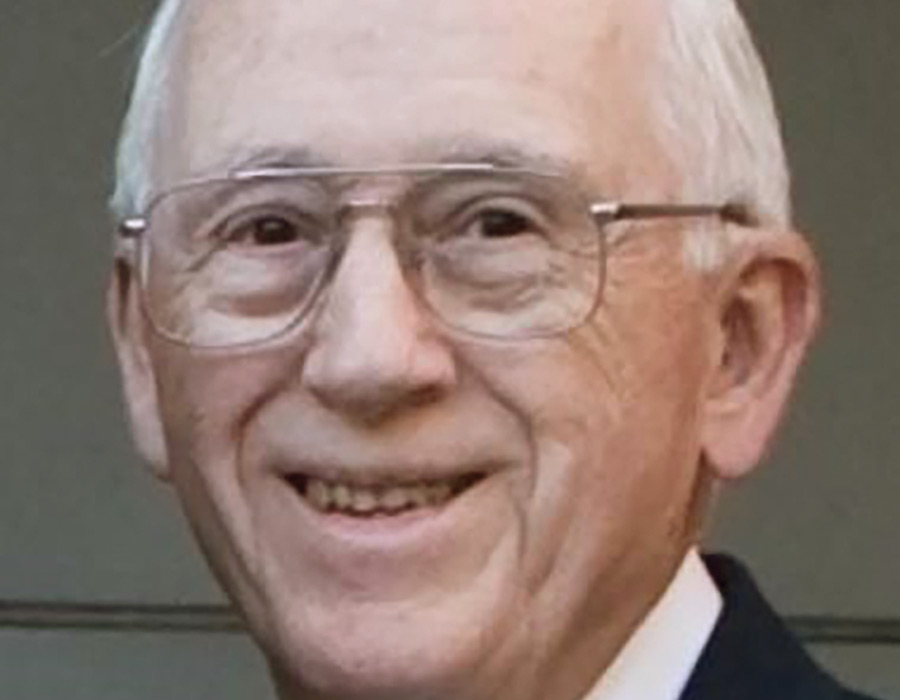
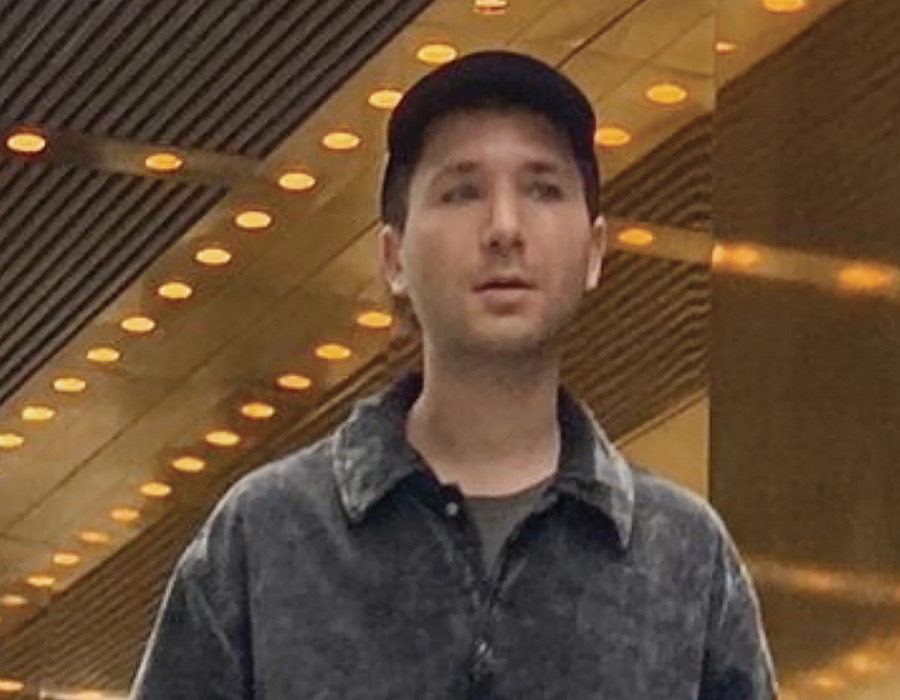
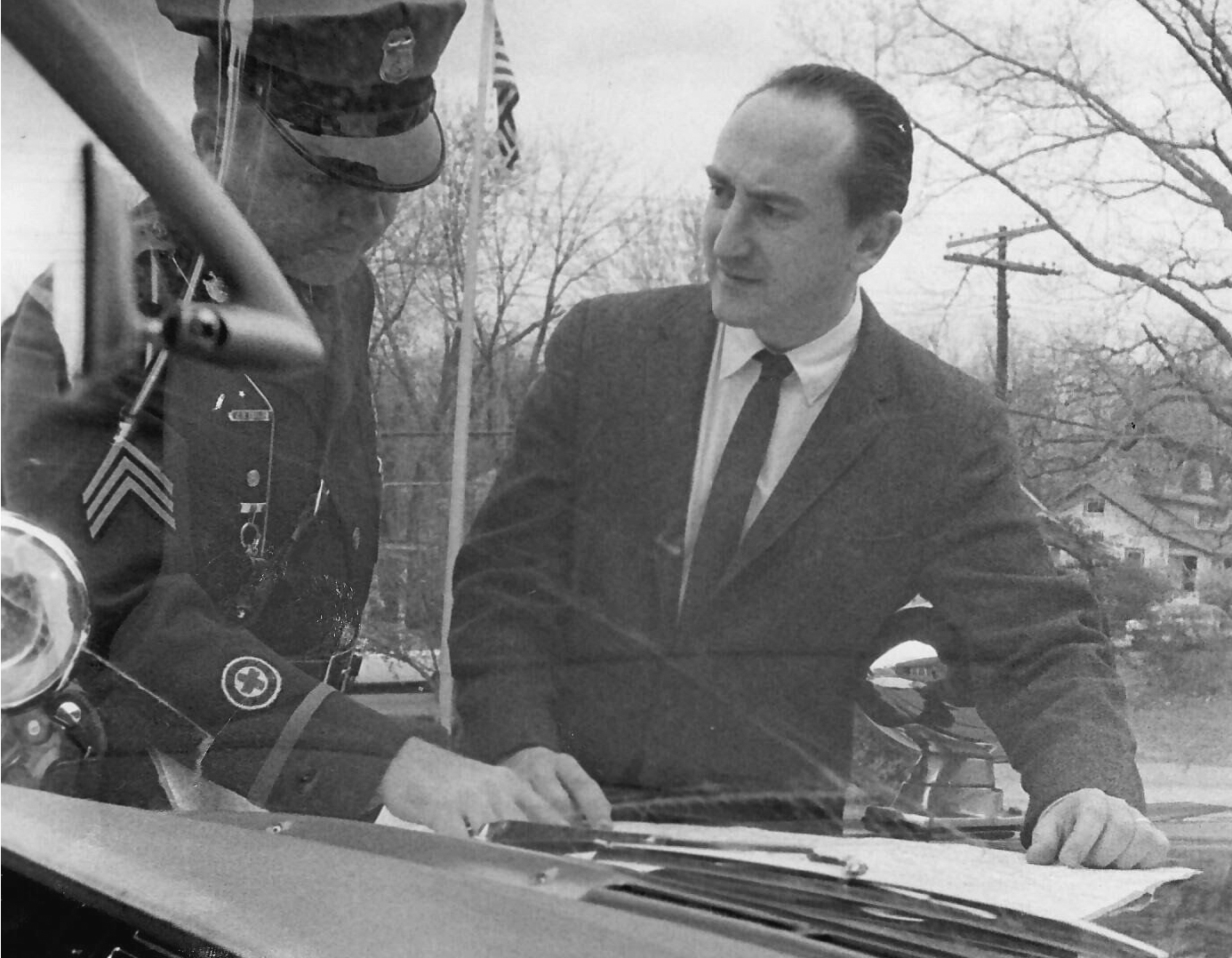
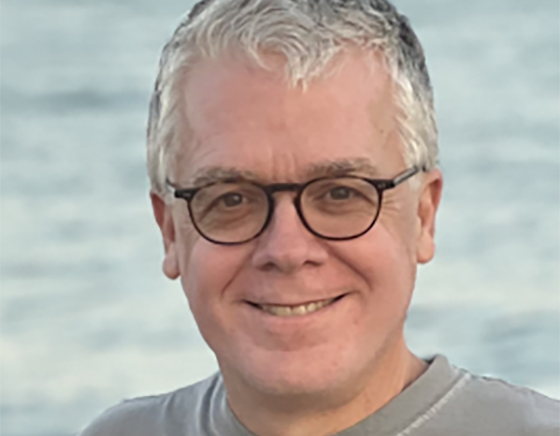
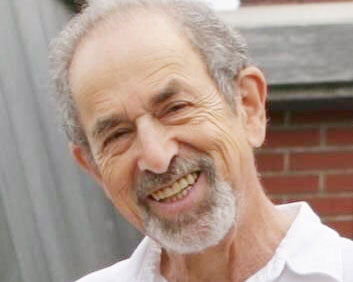
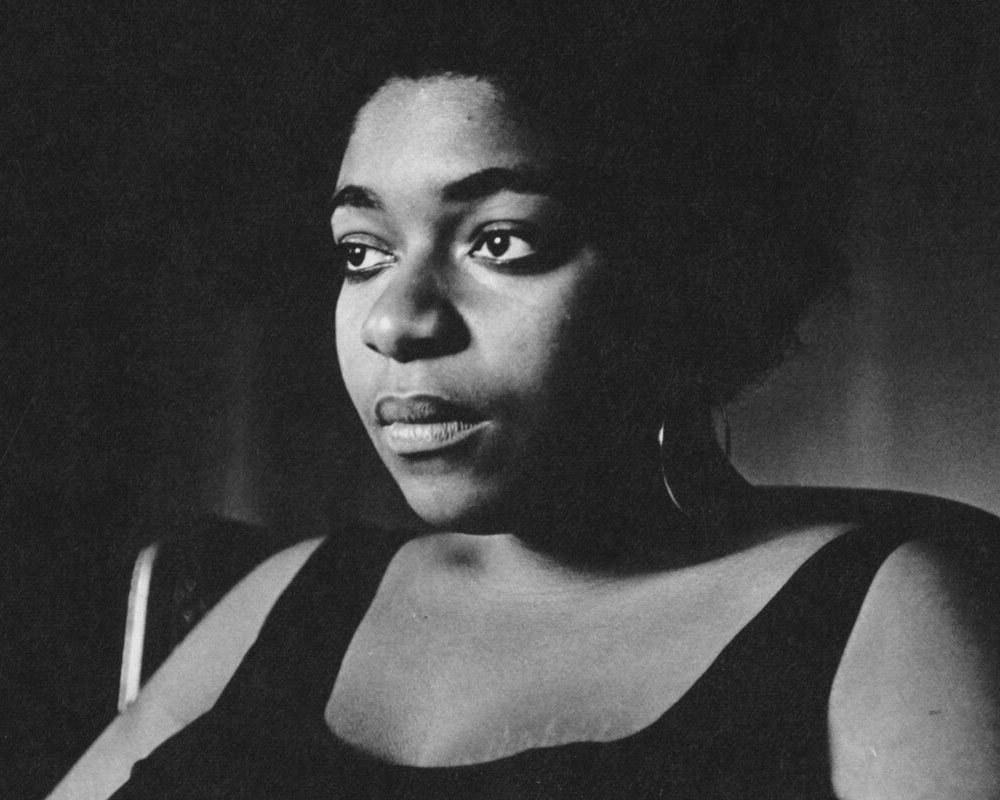


![Photo of Prof. Marvin Levich [philosophy 1953–94]](https://www.reed.edu/reed-magazine/in-memoriam/assets/images/2022/LTL-levich1.jpg)
![Photo of President Paul E. Bragdon [1971–88]](https://www.reed.edu/reed-magazine/in-memoriam/assets/images/2020/Bragdon.jpg)
![Photo of Prof. Edward Barton Segel [history 1973–2011]](https://www.reed.edu/reed-magazine/in-memoriam/assets/images/2020/Segel.jpg)








































































